For most of us gardeners in the northern part of the United States (let's say Zone 7 and below), winter gardening doldrums really start to kick in right about now...Specifically, after the holiday season when there is no more Trick or Treating, Turkey Eating, or Holiday Decorating left to focus on while we power through the cold months in anticipation for the Spring planting season. Unfortunately, it isn't quite seed-starting time (although we'll certainly start stock-piling seed-ordering catalogs to salivate over!)...see my stack below....drool!
Earthwormtec’s list of seed-ordering catalogs… So many seeds to plant, so many seed catalogs to peruse, so little time! What a great problem to have during the winter!
However, what do we do in January & February (besides hibernate and think of every excuse in the book to not follow through with that New Year's resolution to get those 6-pack abs back on track for Summer)? Snow is so serene when it's falling down and it is certainly meditational (for those of us in urban settings that can finally get some peace & quiet without all the cars zooming past our houses)...BUT you can't plant any petunias in it! Right?
Well...Earthwormtec is putting on his "creative" thinking cap for a minute - Earthworm Technologies isn't just about making organic gardening products out of food scraps! We also like to re-purpose and maximize what nature gives us! Let's see how we can put that snow to good use and get through these painful winter months...
4 Ways to Use Snow to Your Advantage in the Winter Garden
1) INSULATE YOUR GARDEN PLANTERS
Shovel or blow that snow on to your landscape planters & protect your plant root zones from cold winter night winds
It seems counter-intuitive but here's something to remember: In the Spring when new shoots are growing on your plant, a late snow or frost will kill the foliage/flowers, HOWEVER, in the winter when the plant has already died back it's not snow that kills plants, it's a pro-longed drop in temperature below freezing (lower than 32 degrees) that eventually plummets the temperature of the soil beneath ground level which affects your plants' root zones! What does that mean exactly? It means you should watch and protect your plants in the Spring time when new shoots are susceptible to early frost BUT in the winter time when your plant is dormant, we actually shovel snow around our plants. Snow acts as a natural barrier to shield the ground beneath it from the really cold wind gusts that can kill your roots at night. So don't be scared! Snow CAN be your friend in the winter garden if you learn to use it wisely!
ADDED BONUS: When it warms up, the snow will melt and act like a nature-provided drip irrigation system providing your plants with free slow-released water feeding!
2) FREEZE COMPOST RAW MATERIALS
Are you composting a lot of nitrogenous material (i.e. food scraps) inside or outside in a tumbler? Keeping extras around if you're batch composting can be a stinky affair! However, keeping the extras in an enclosed bin outdoors when you have freezing weather is a great use of a "free" and "natural" freezer. The food waste will freeze in the bin (we put them in biodegradable & compostable bags) and stop the time clock momentarily on decomposition (this is especially important because if you're not ready to compost it properly...and I mean aerobically - your food waste will go anaerobic and putrefy...stinking up the place and also releasing methane which we want to avoid).
Another ADDED BONUS: freezing your food waste will also alter the structural integrity of the cellular walls...and what that means is when the scraps thaw and you start composting it, it will break down more quickly. We love when nature gives us bonuses!
3) STOCKPILE A GREAT SOURCE OF RAIN WATER
All gardeners use water in the garden in multiple ways - you could say in fact that it's downright crucial to the whole gardening process...watering your plants / containers, moistening your compost / worm beds, creating liquid compost extracts / fertilizers and the list goes on BUT I haven't seen many articles on the internet focus on the actual "water" part. Ever wonder what we do to our public drinking water (especially in municipal / urban communities)? Additives such as chlorine and chloramine are added! Ever think what the purpose of those additives are? They kill bacteria and germs! OK that's great, right?...well, not many casual gardeners know that there are also millions of "good" and beneficial bacteria that are killed with this process. So, what can we do? I think you know where I'm going with this...we can use rain water (and in the winter, we can use snow)! Collect that snow in rain barrels, let it melt and use it to do all the things I mentioned previously. It's FREE, it's CLEAN and delivered directly to your door! Who can argue with that?
4) CONTROL THE TEMPERATURE IN & AROUND YOUR IN-VESSEL COMPOSTER
Use snow to regulate temperature & add moisture in your compost pile
A lot of you might not actually have this problem because many DIY composters complain about not being able to heat up their compost piles enough when the ambient (surrounding) temperature outside is colder than the composting core (which is basically mostly the case except in the Summer). We, however, have compost cooking currently at 140 degrees while it is below freezing outside. You want to get your compost temperature ideally up to a 150 degree level for several days to kill weed seeds and pathogens but going much higher than that can be detrimental to the thermophilic bacteria (and that is a bad thing!). So, you can take a couple hand fulls of snow and dump it directly into your compost pile (but be careful not to go too crazy or your temperature might crash and your composting will be dead! A little at a time is the trick here). Also, remember the point I made previously about snow being a wind shield for your plants? Same thing goes for your outdoor compost tumbler. Pile it on! The snow will block heavy cold winds from grazing those side walls all night long!
And don't forget...
Now put on a big smile & a thick sweater and go harvest some snow! Happy Gardening Everybody! ~Earthwormtec
Do you guys have any creative ways you have used snow as a benefit in your garden? Please share with us in the comment section!
Don't forget to subscribe to Earthwormtec's Gardening Blog for future organic gardening, composting, upcycling, etc. updates and if you liked our article, we'd appreciate if you please take some time to spread the word by sharing our website/articles through social media on facebook, pinterest, twitter

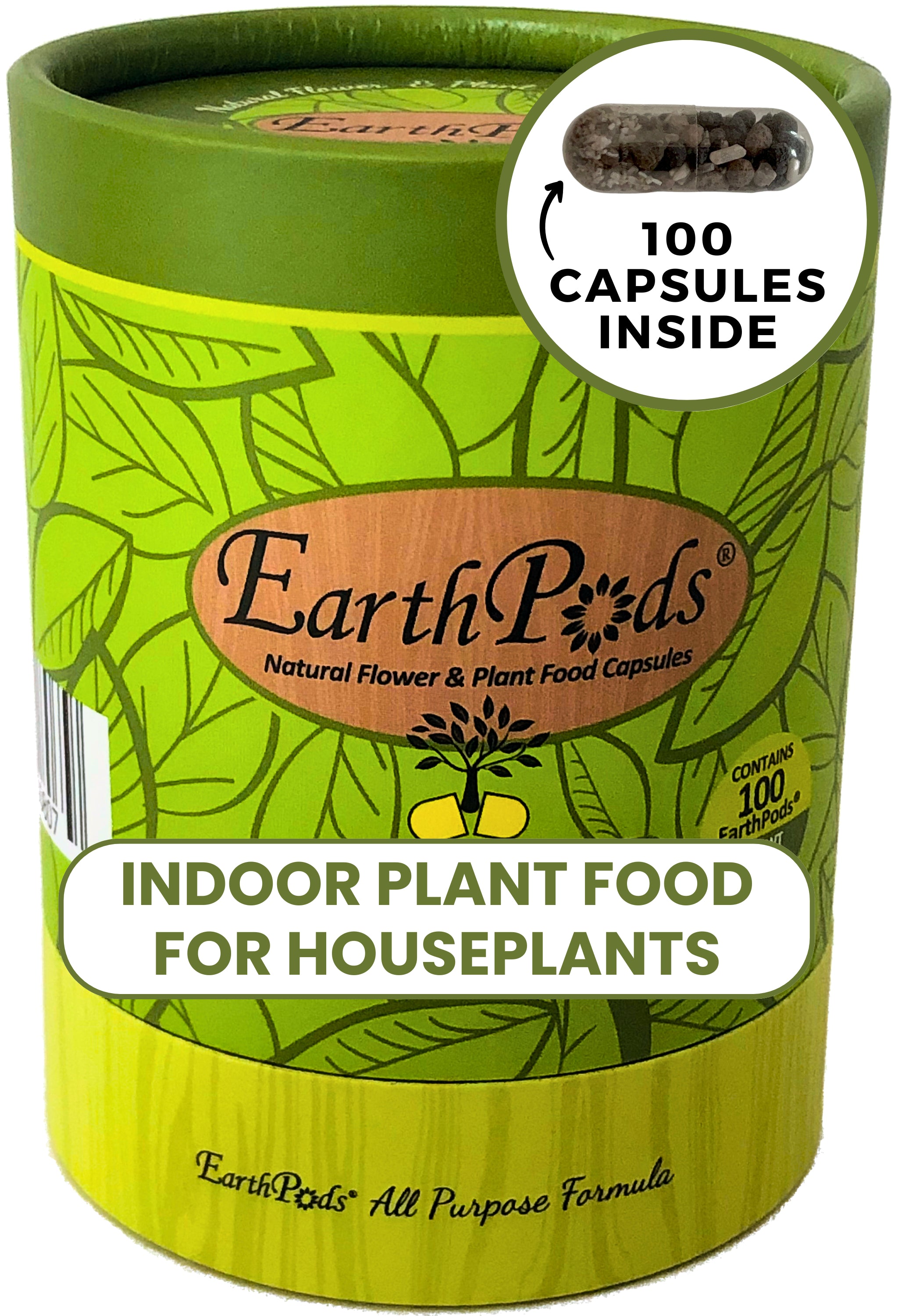
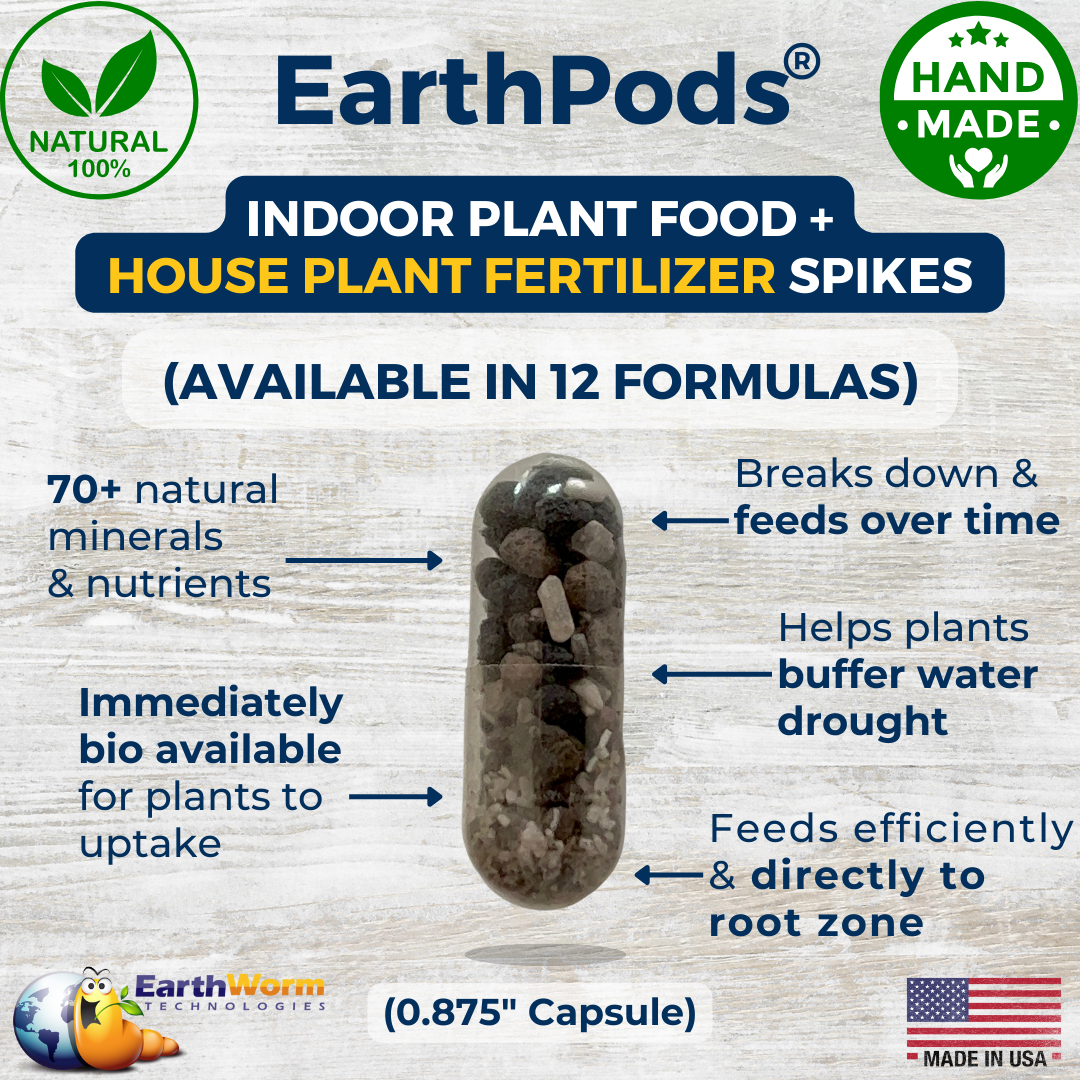
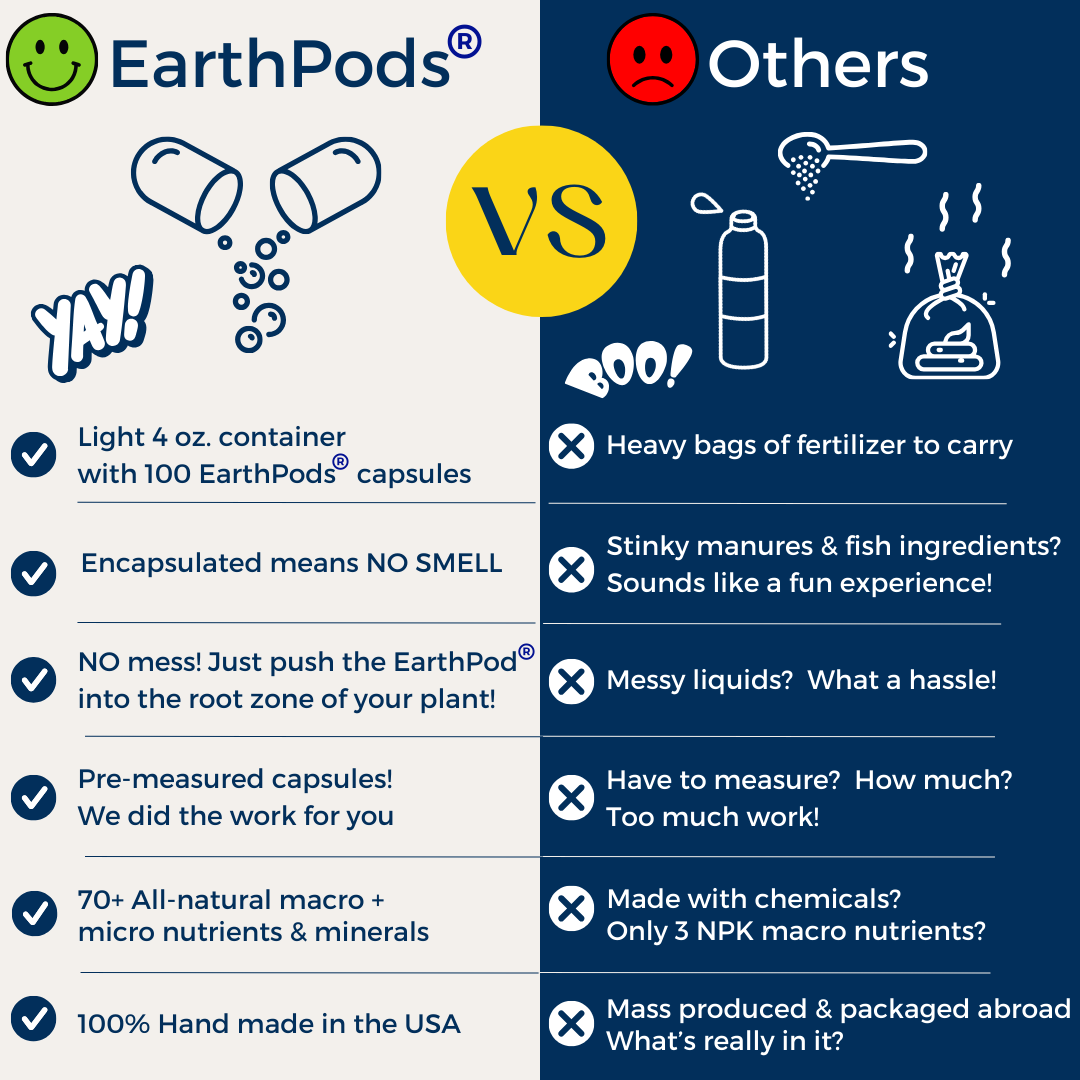
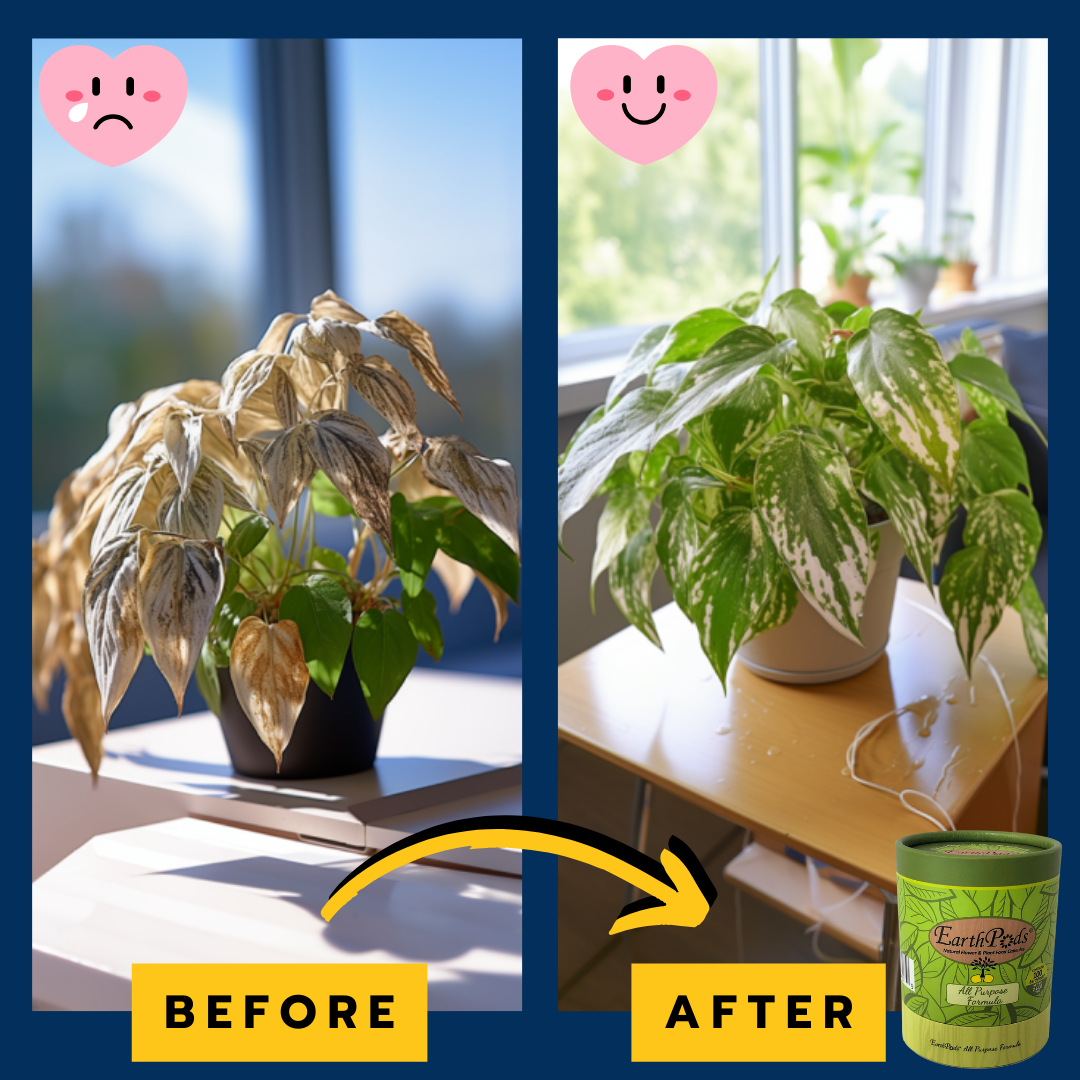
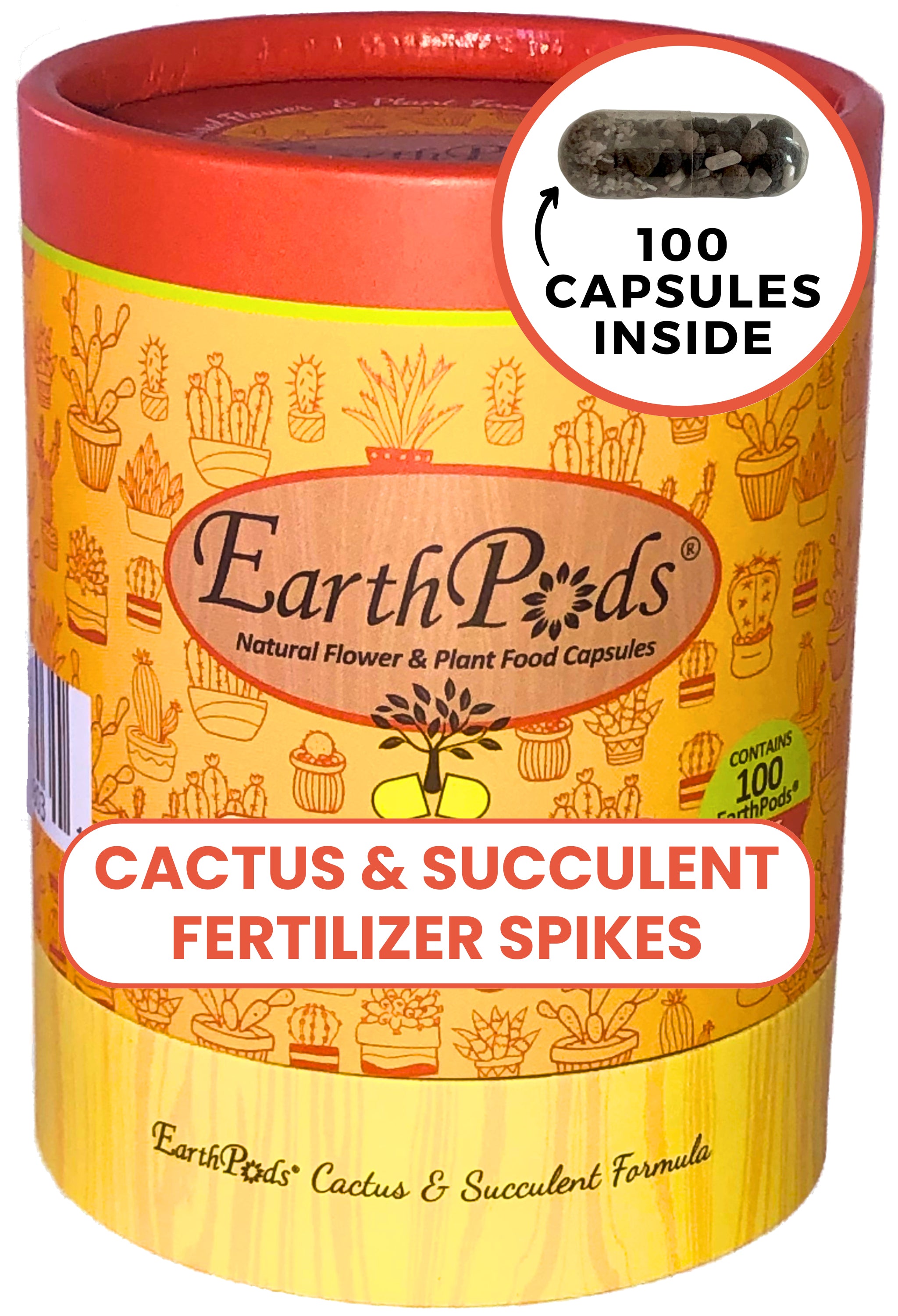
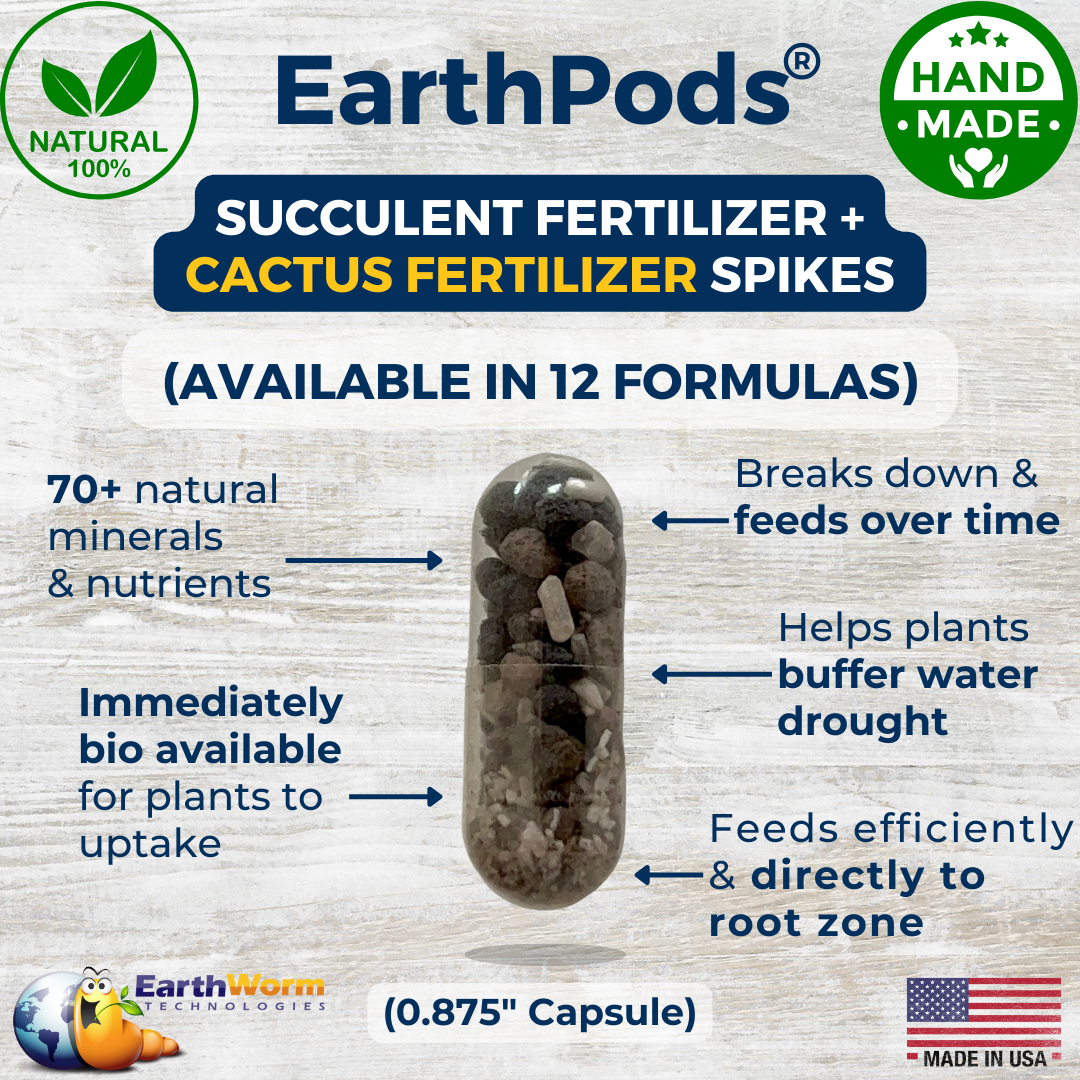
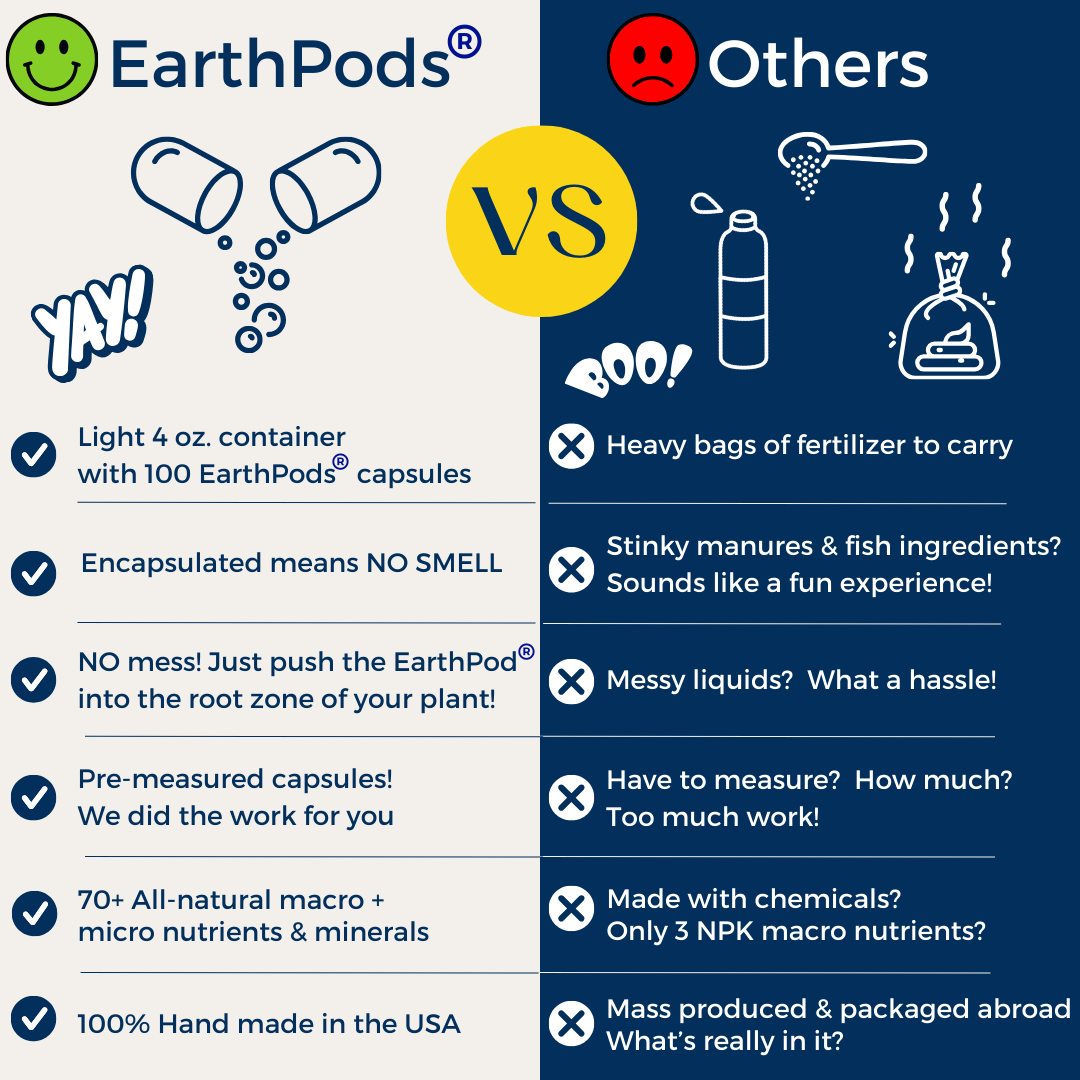
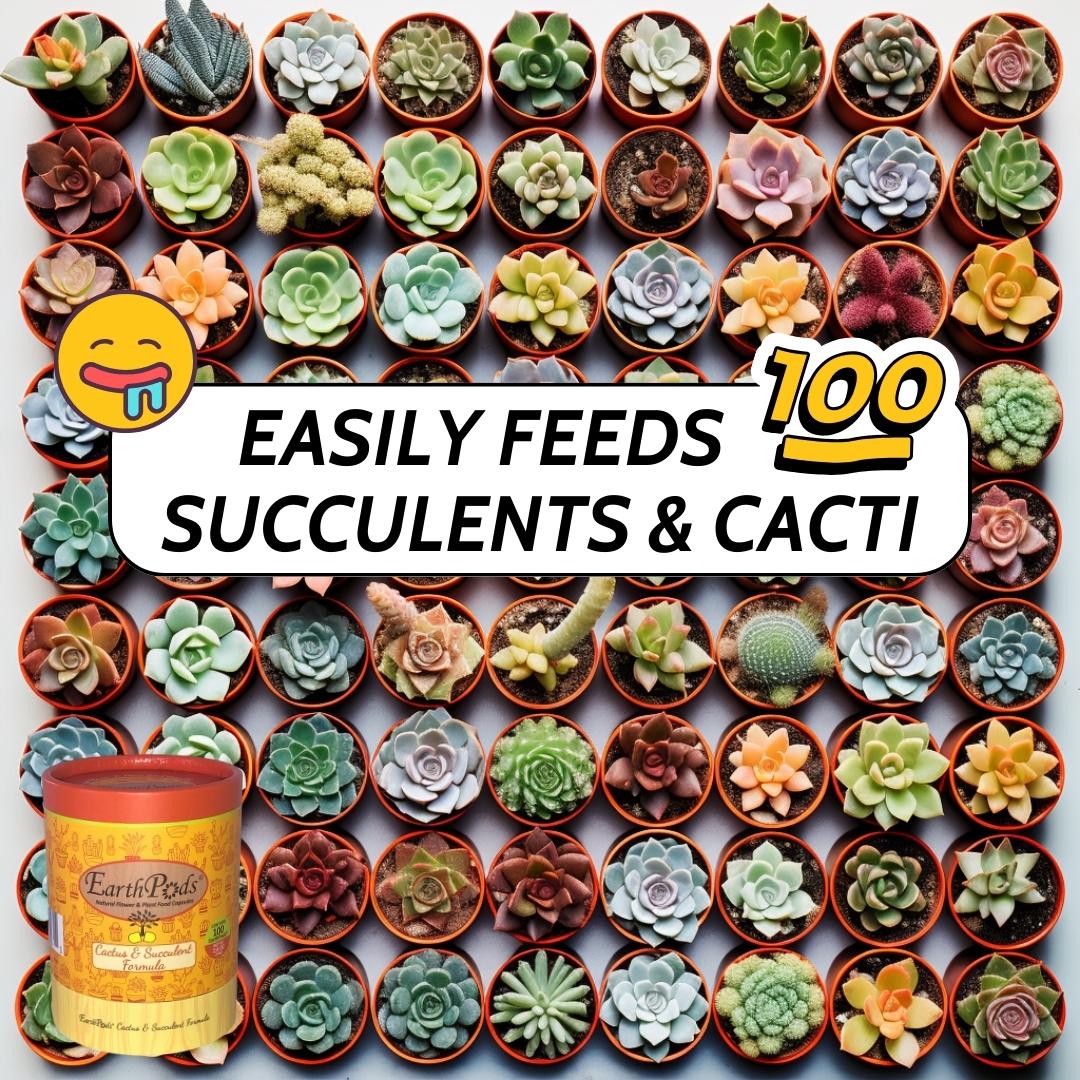
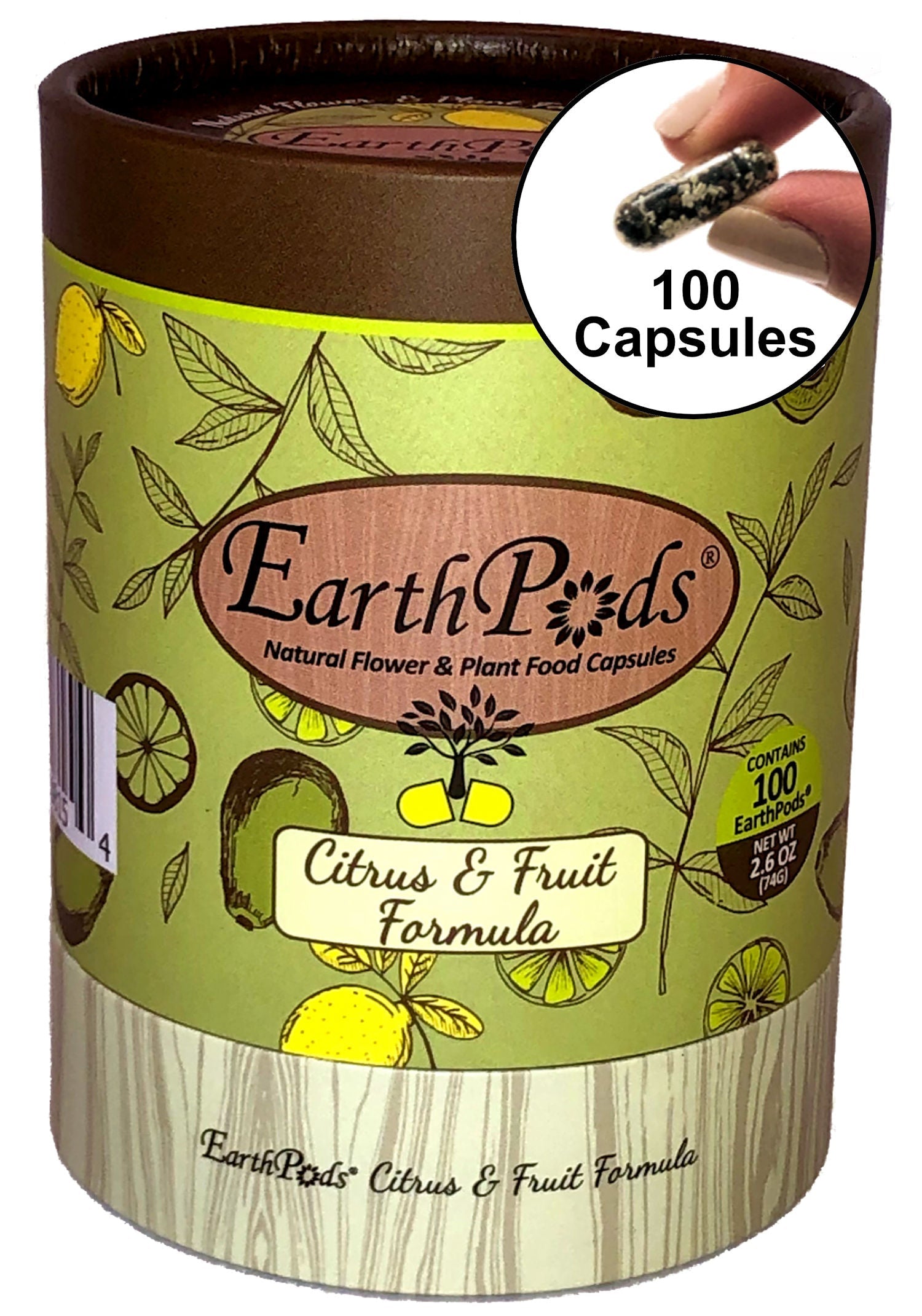
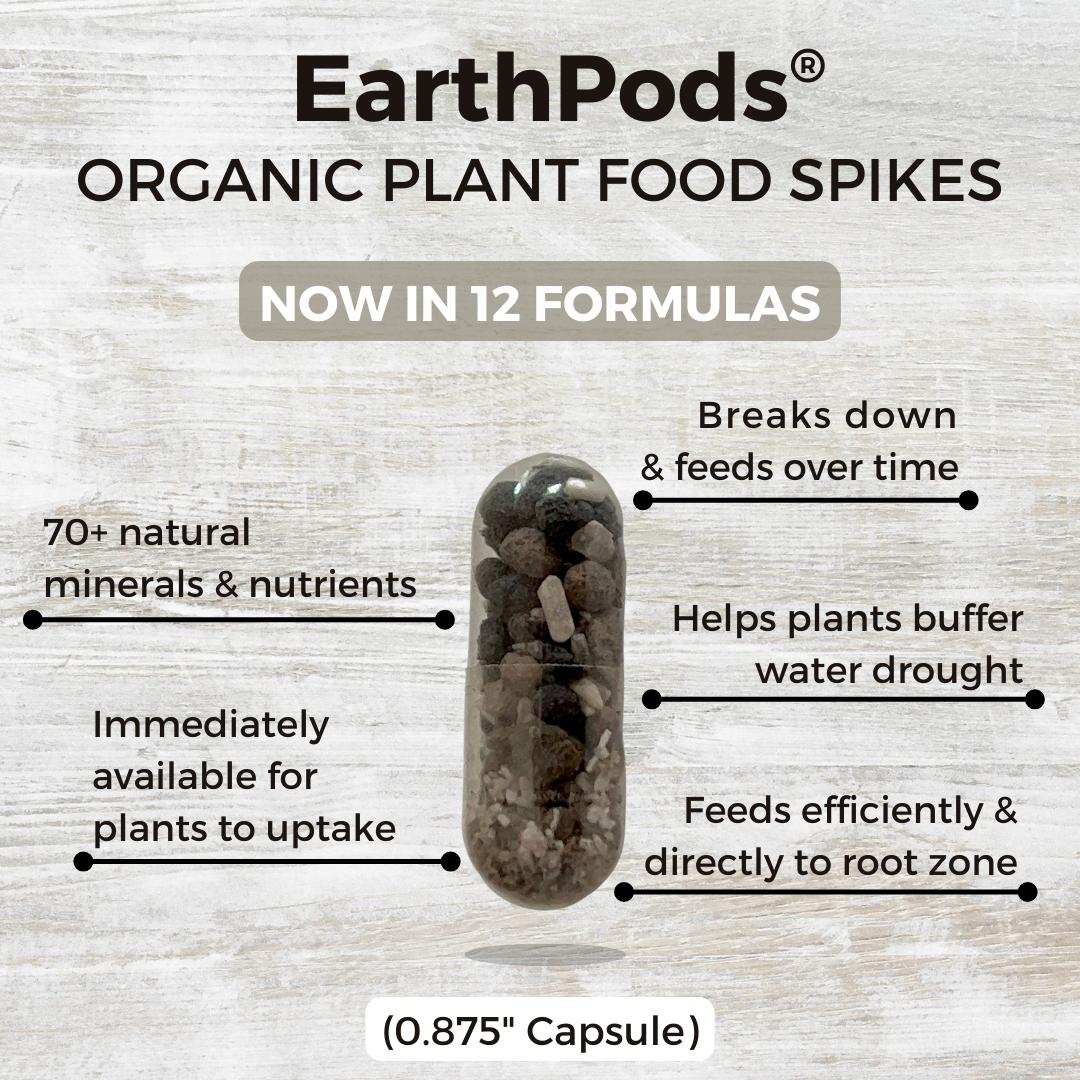
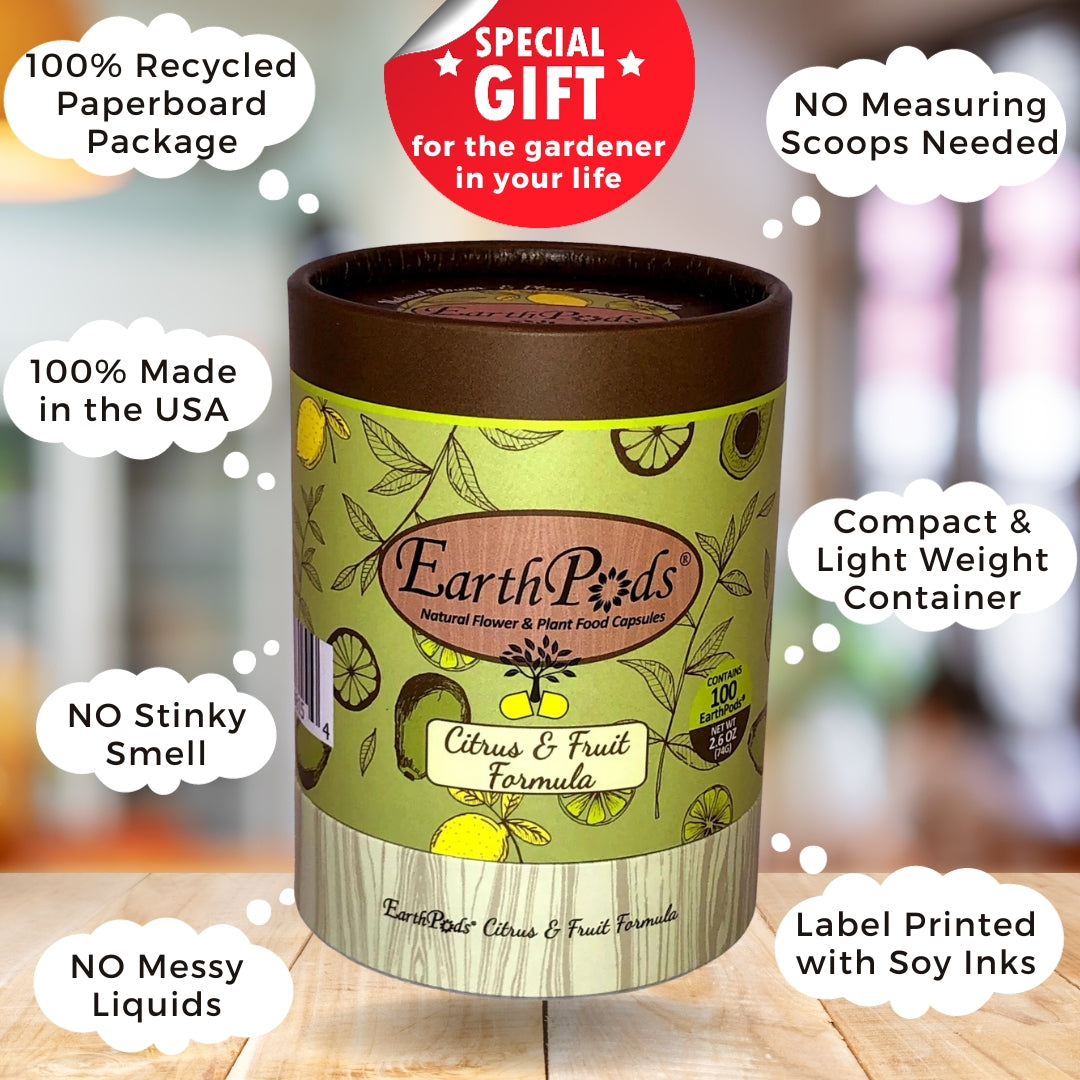
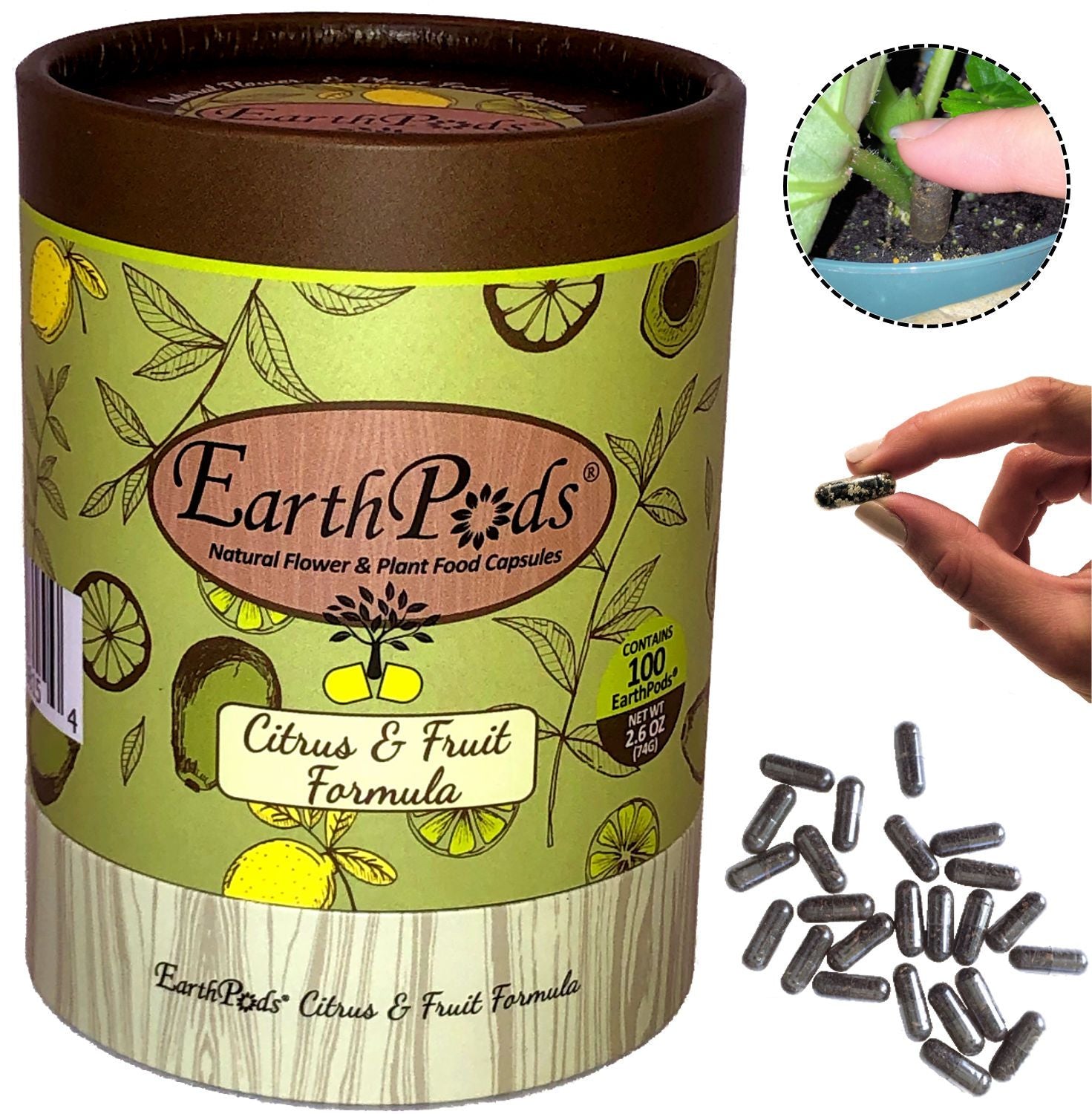
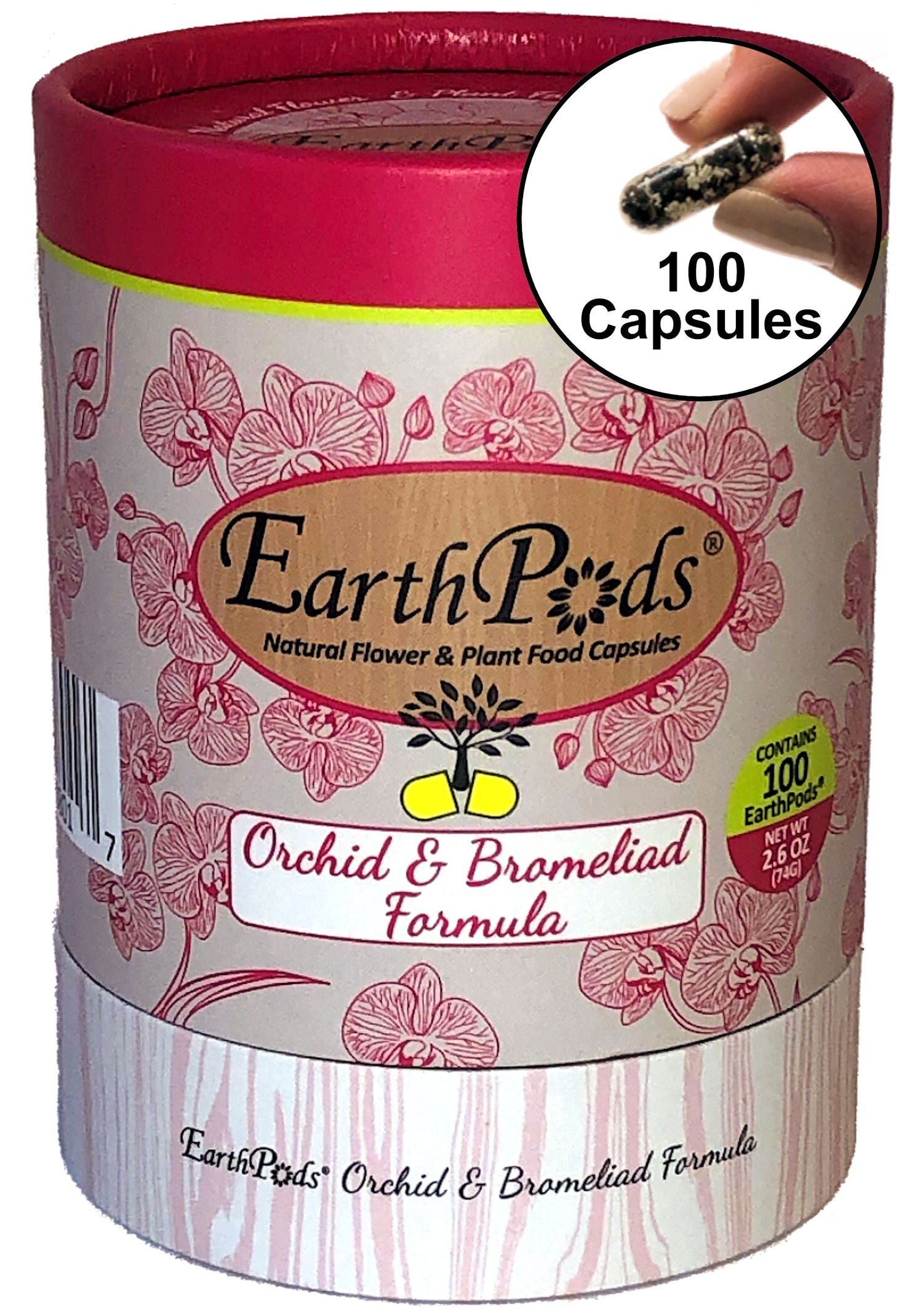
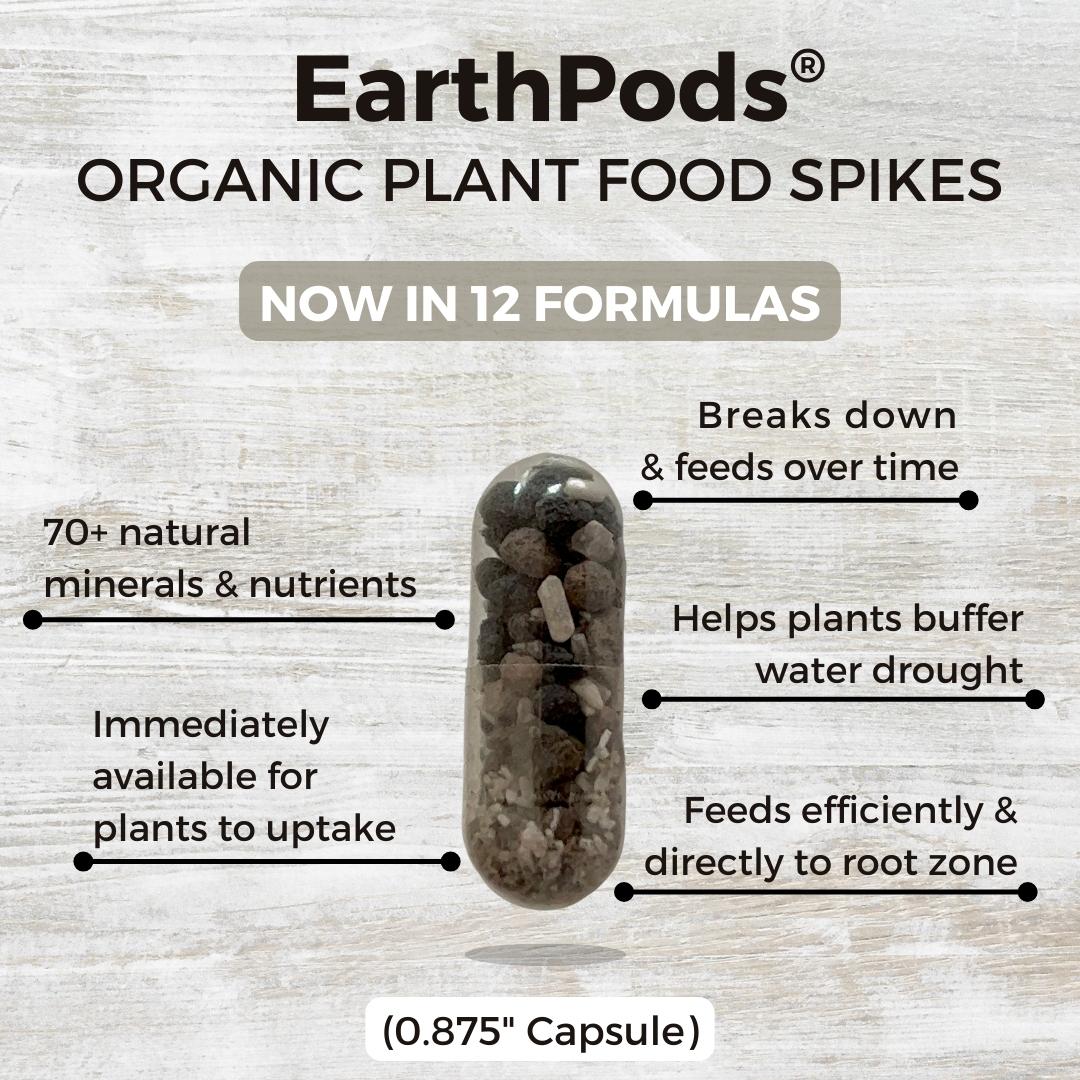
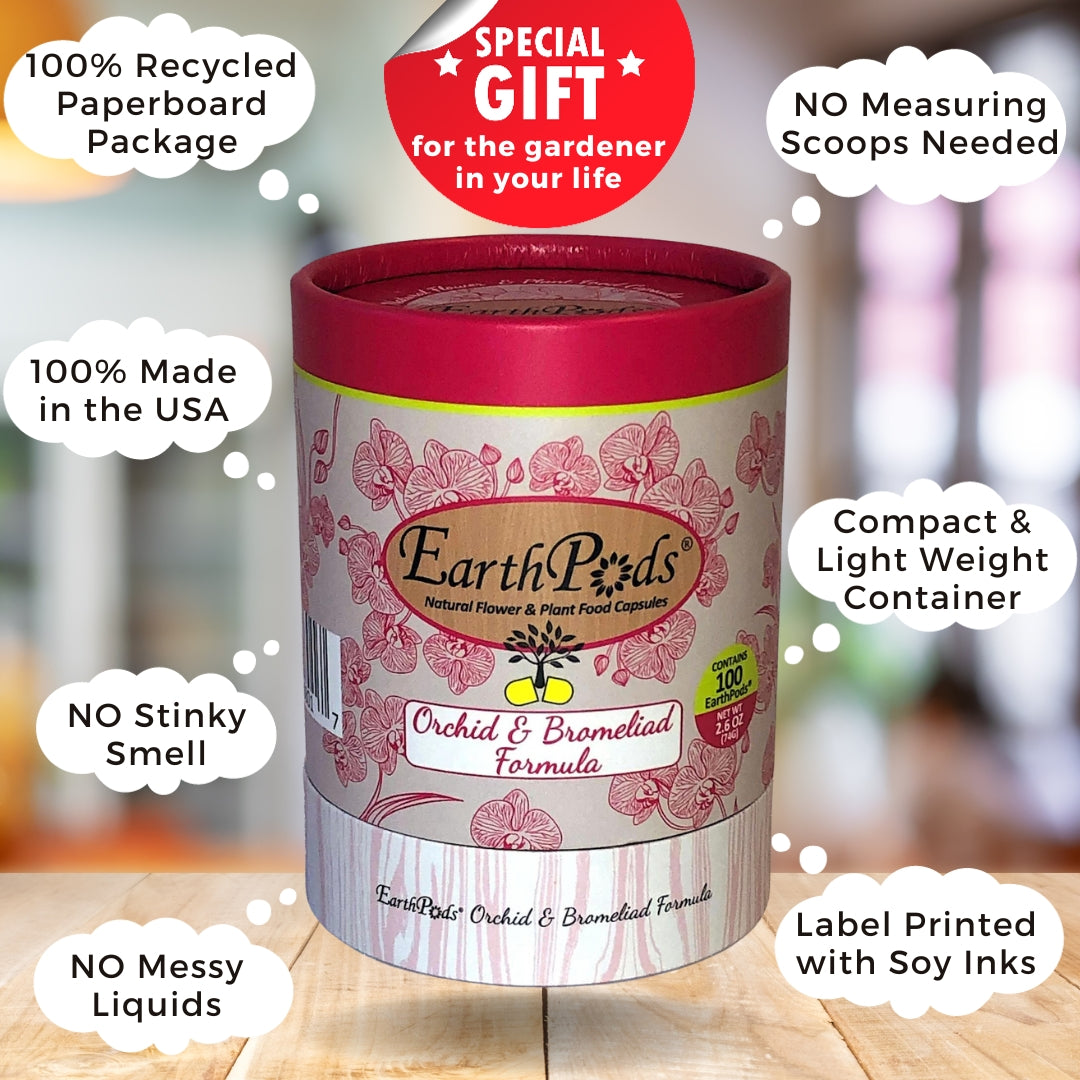
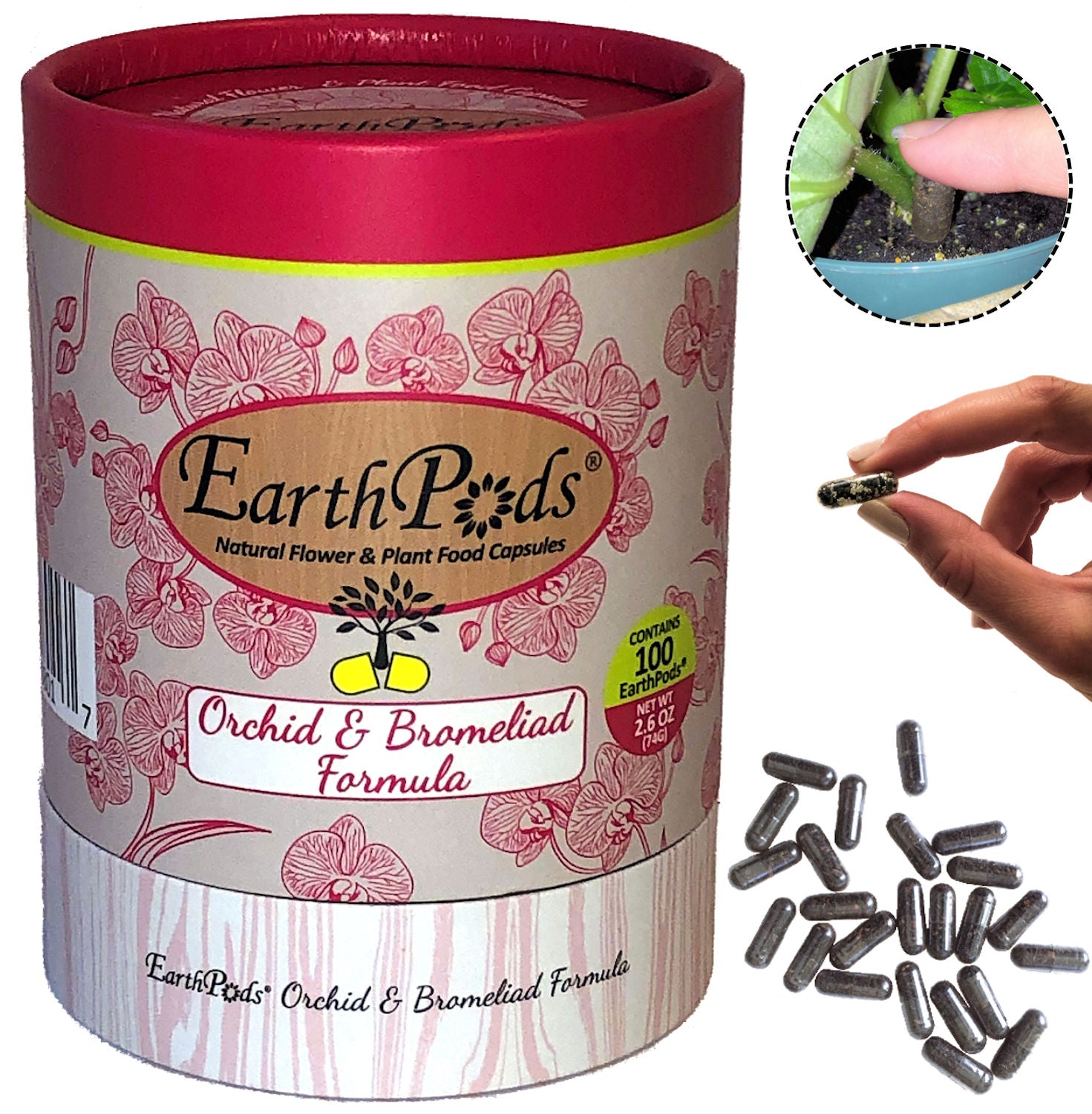
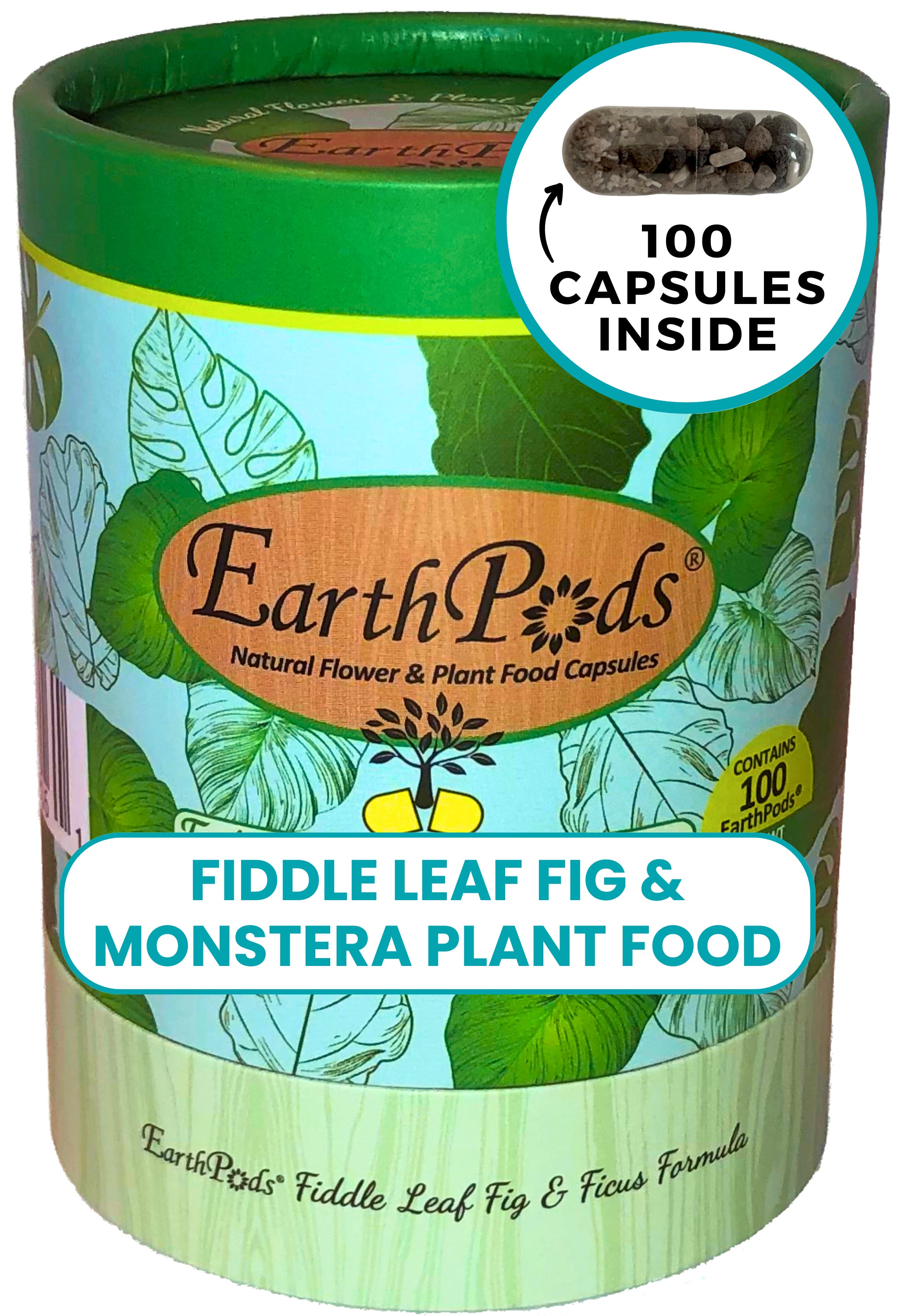
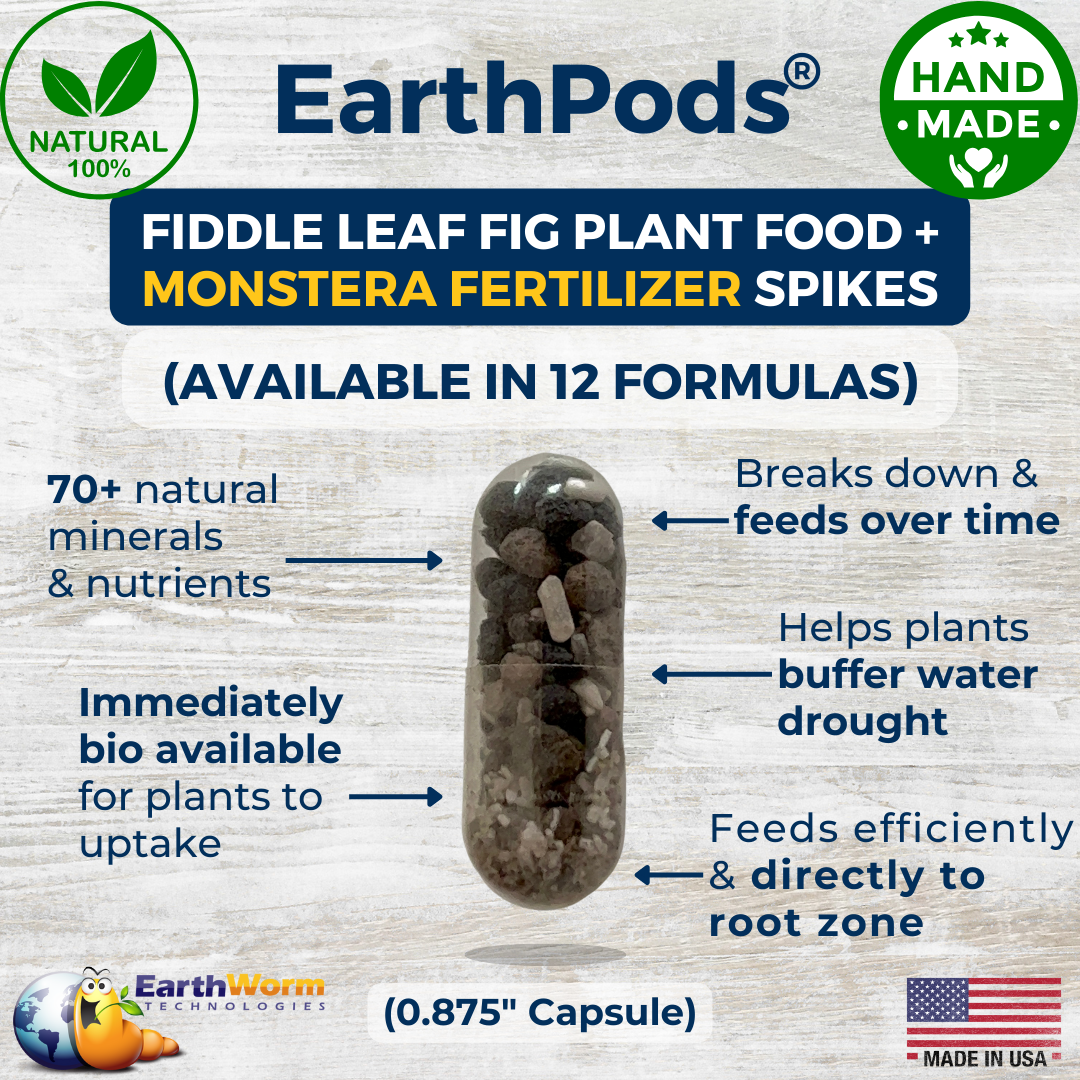
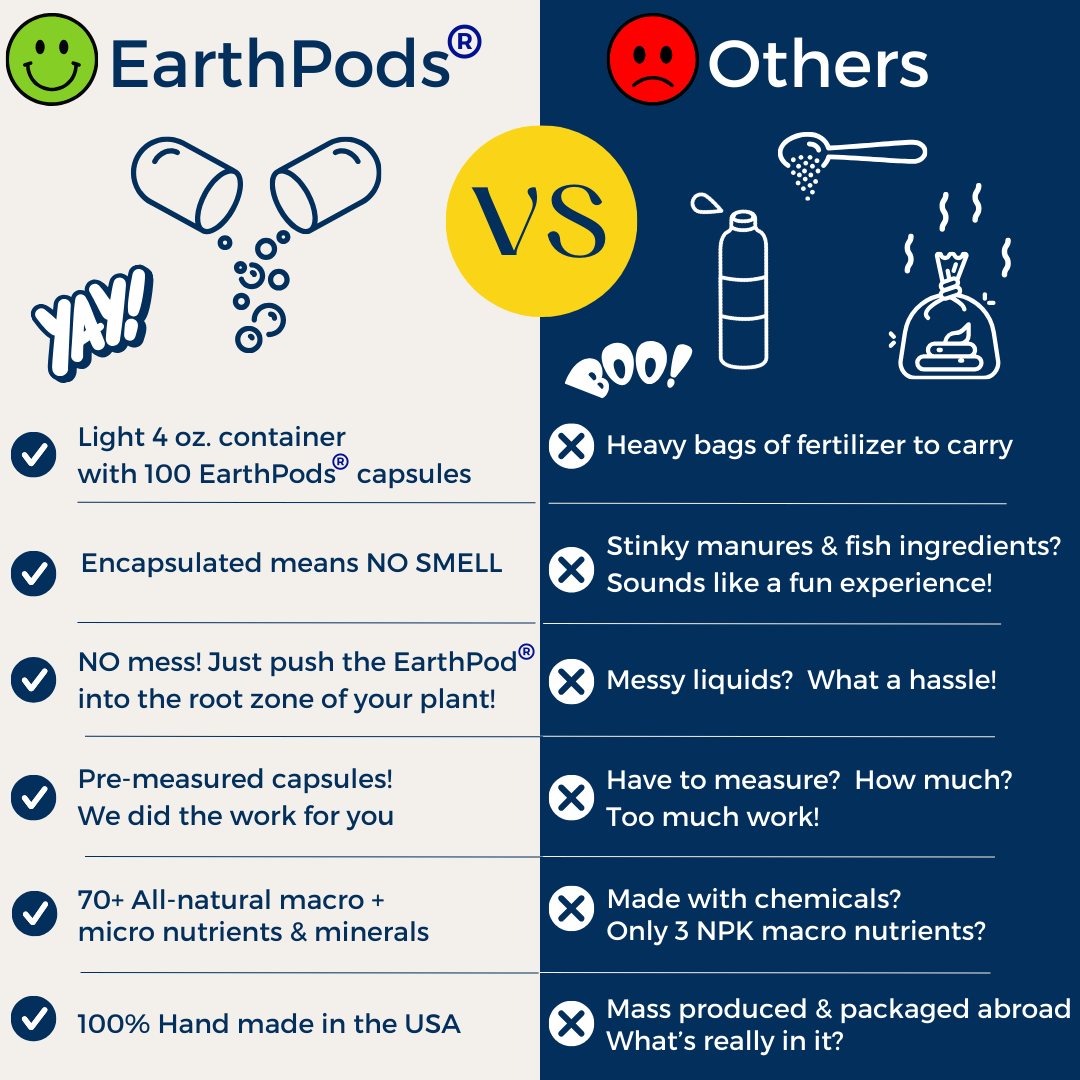
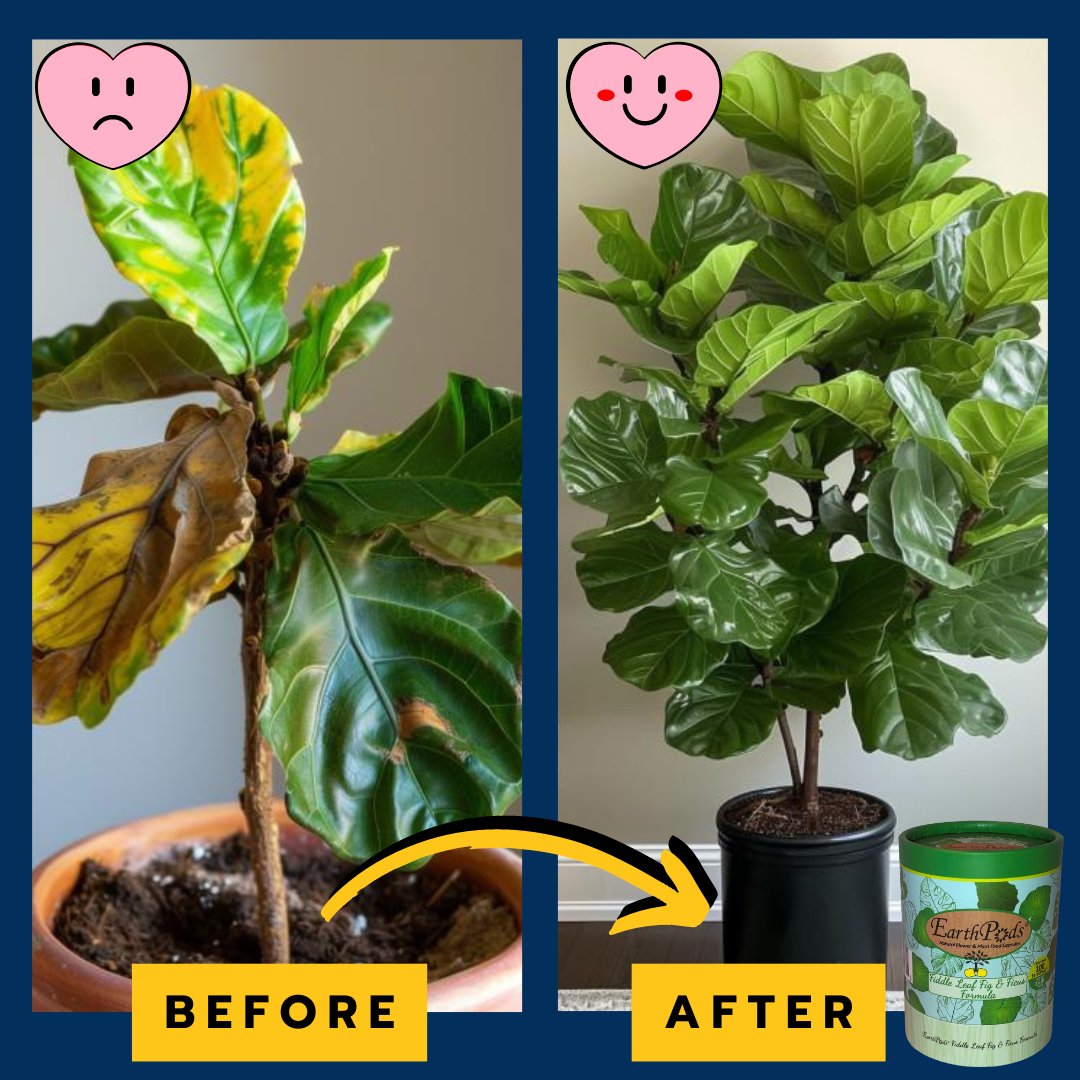
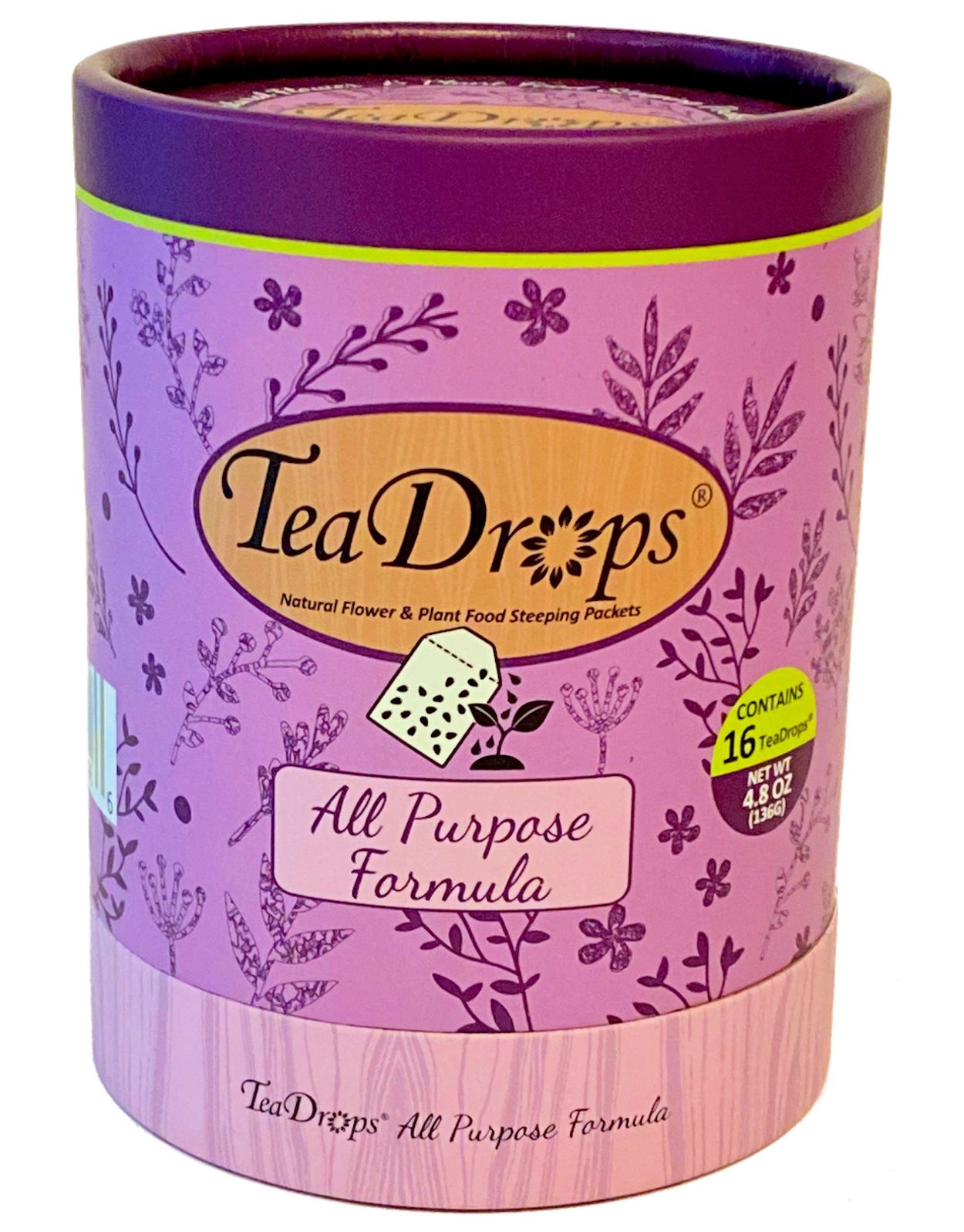
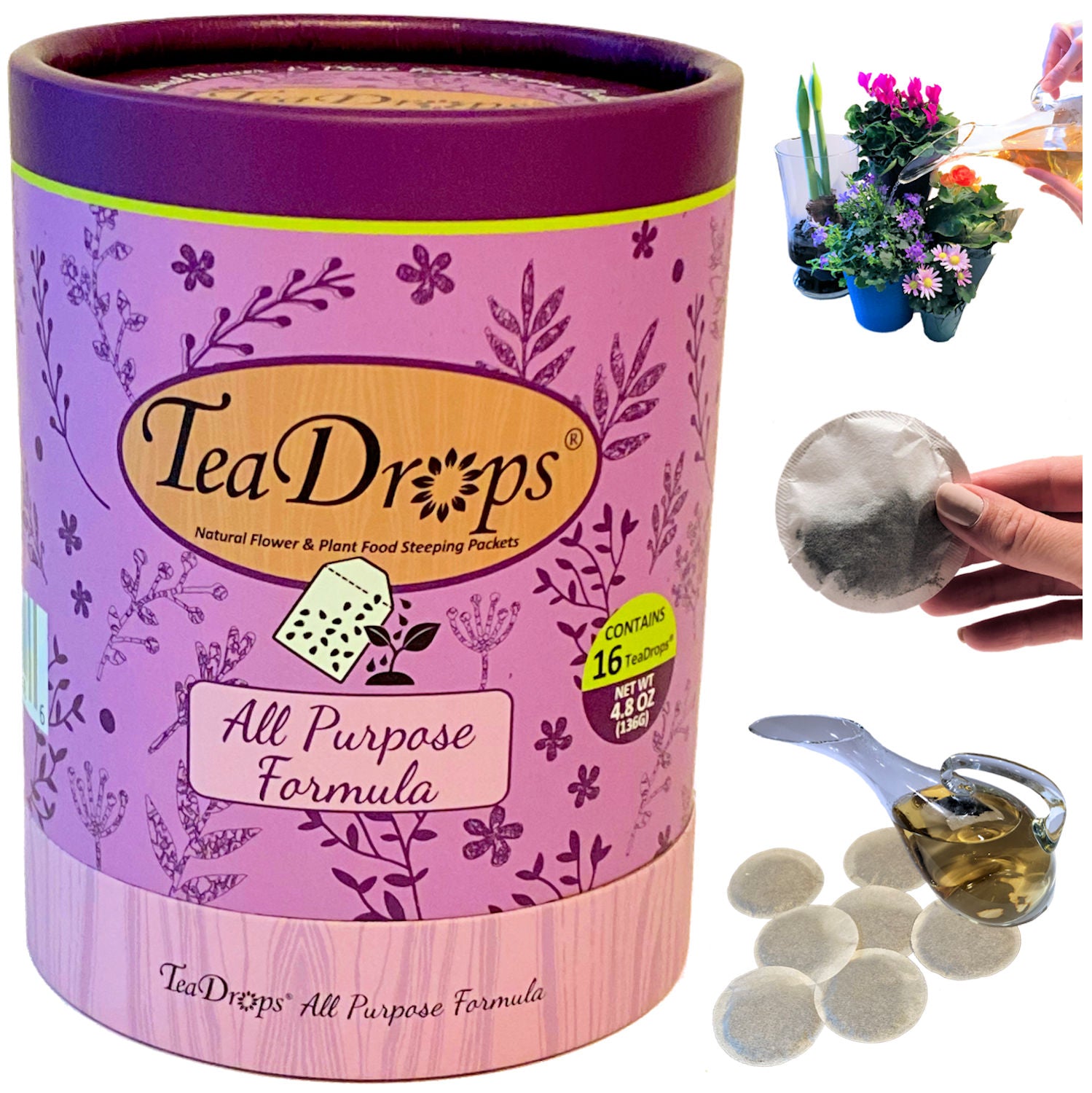
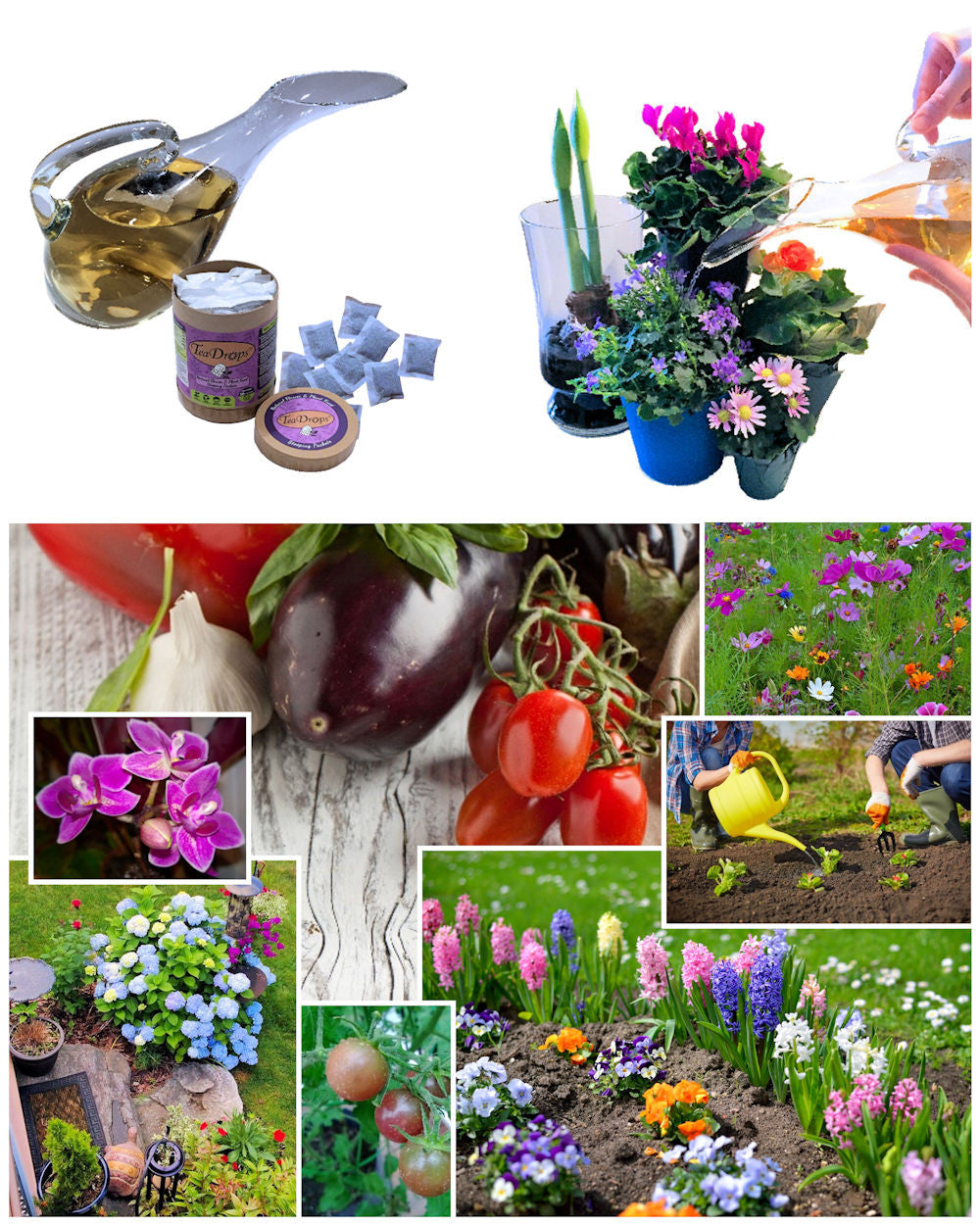
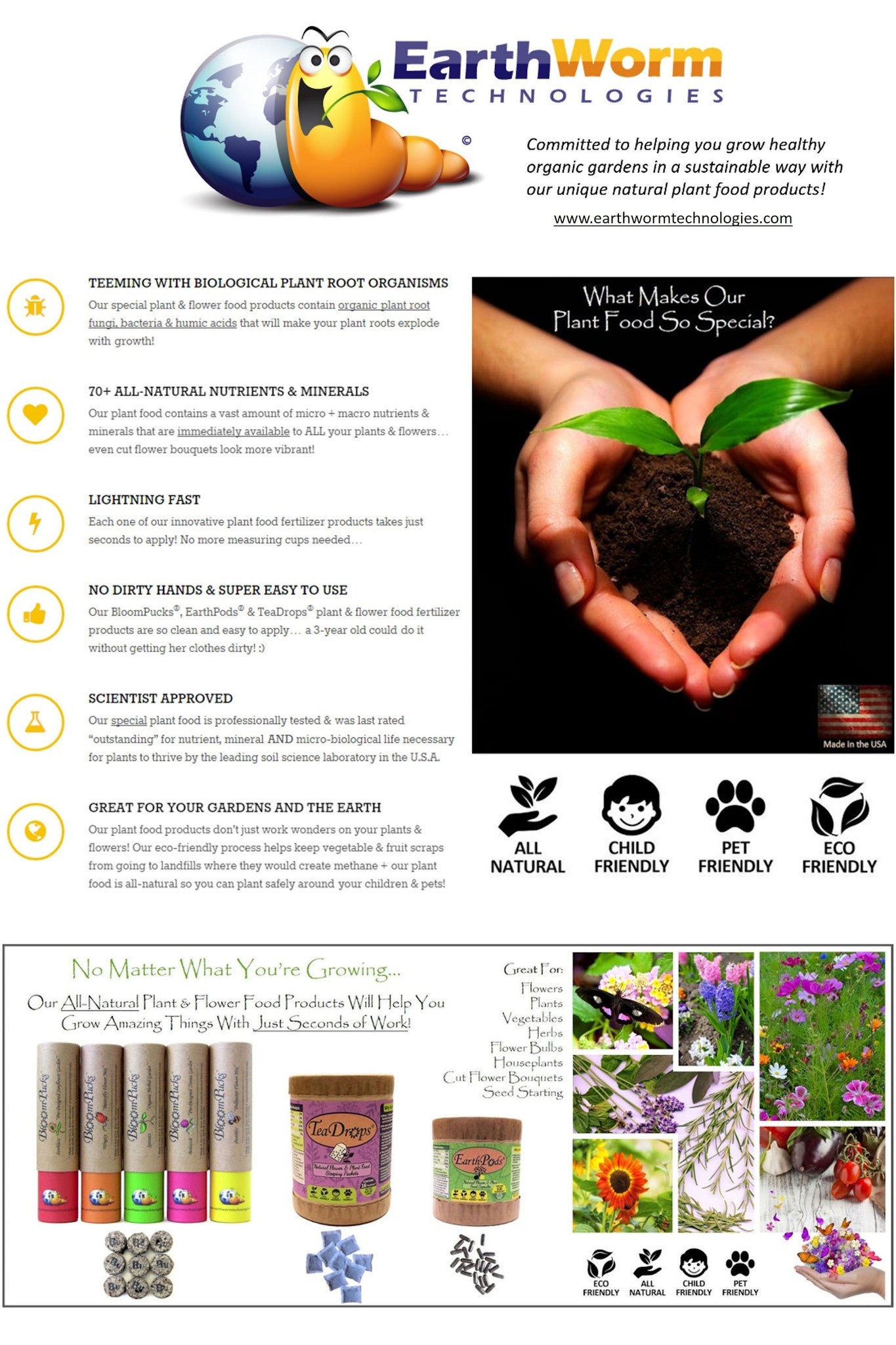
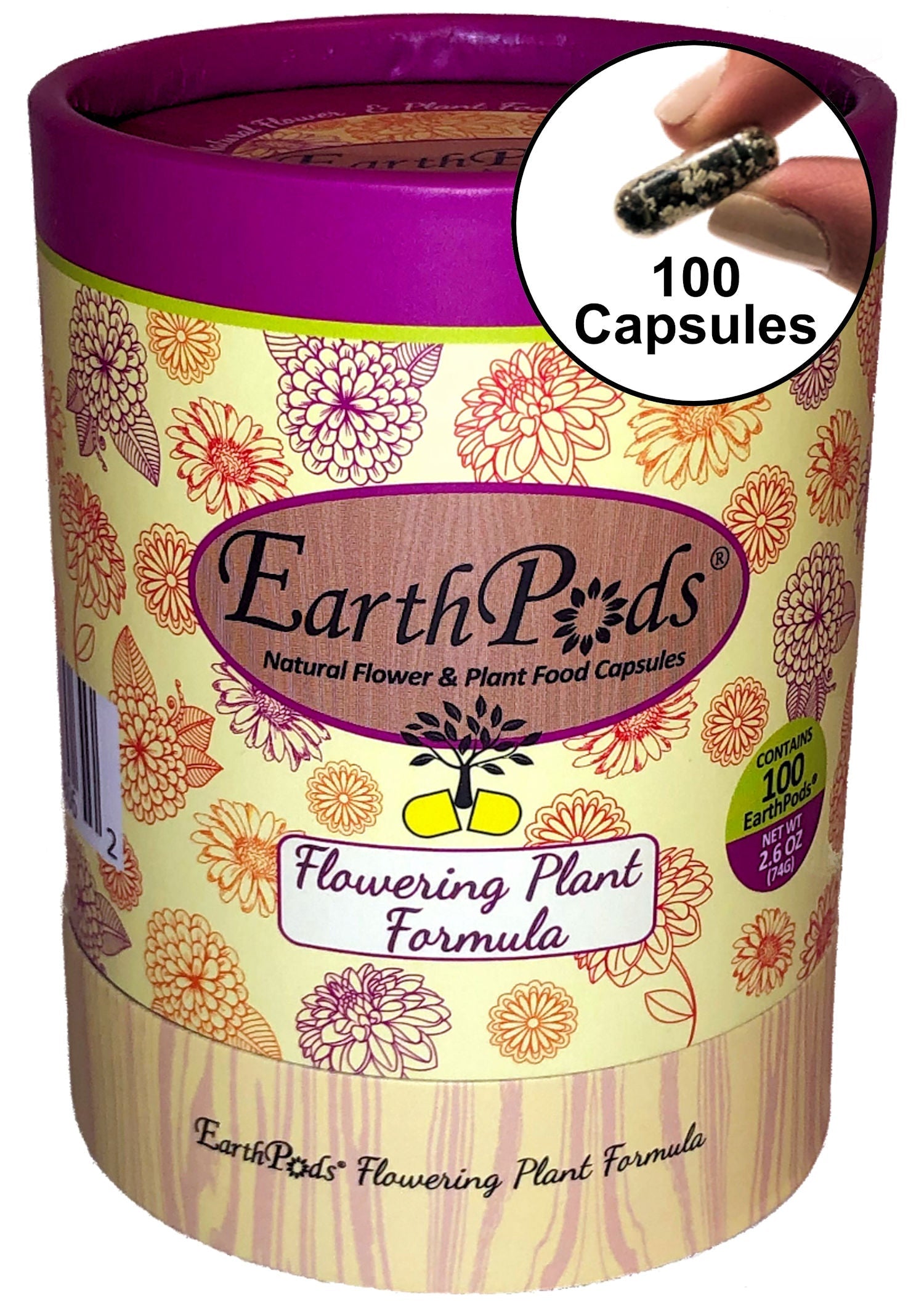
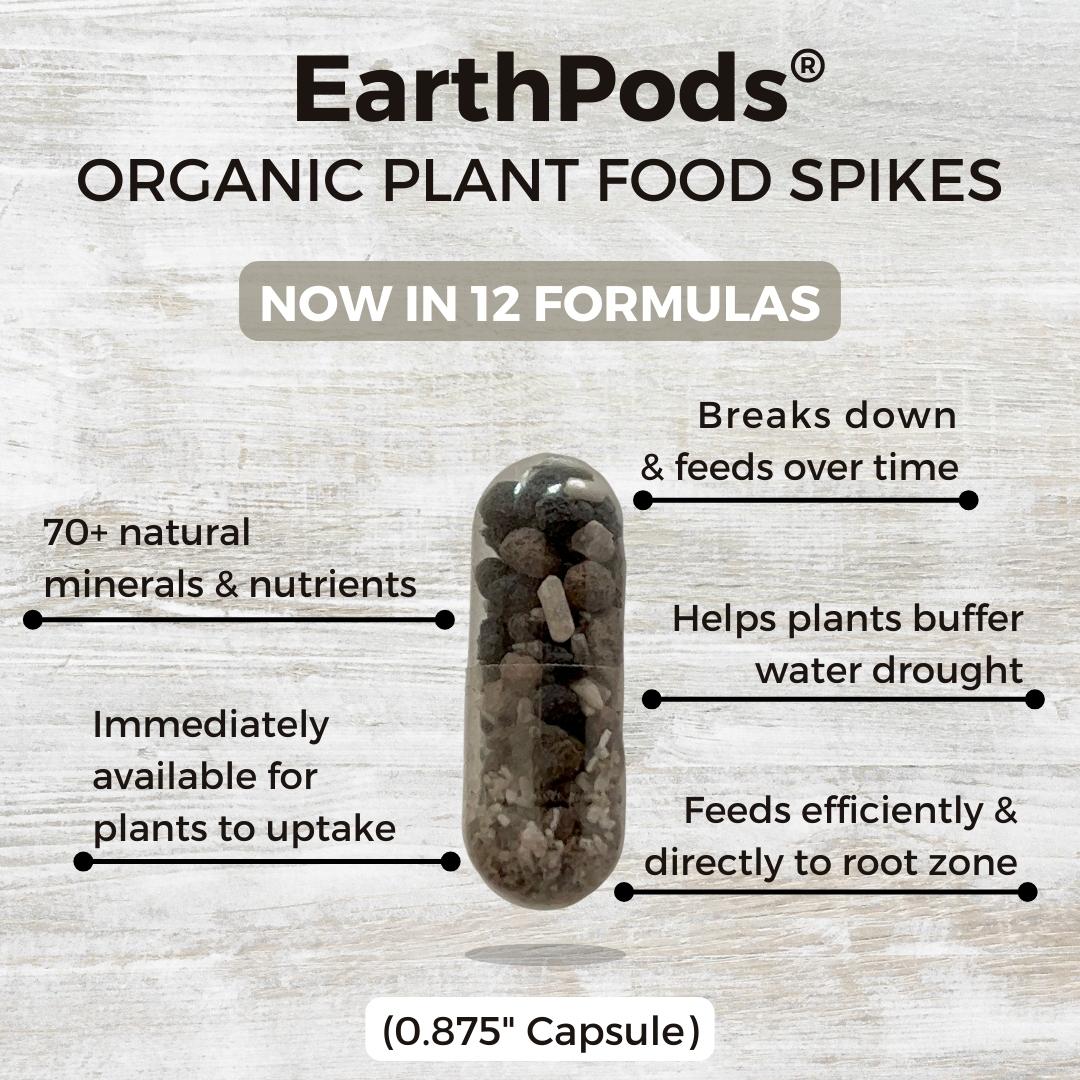
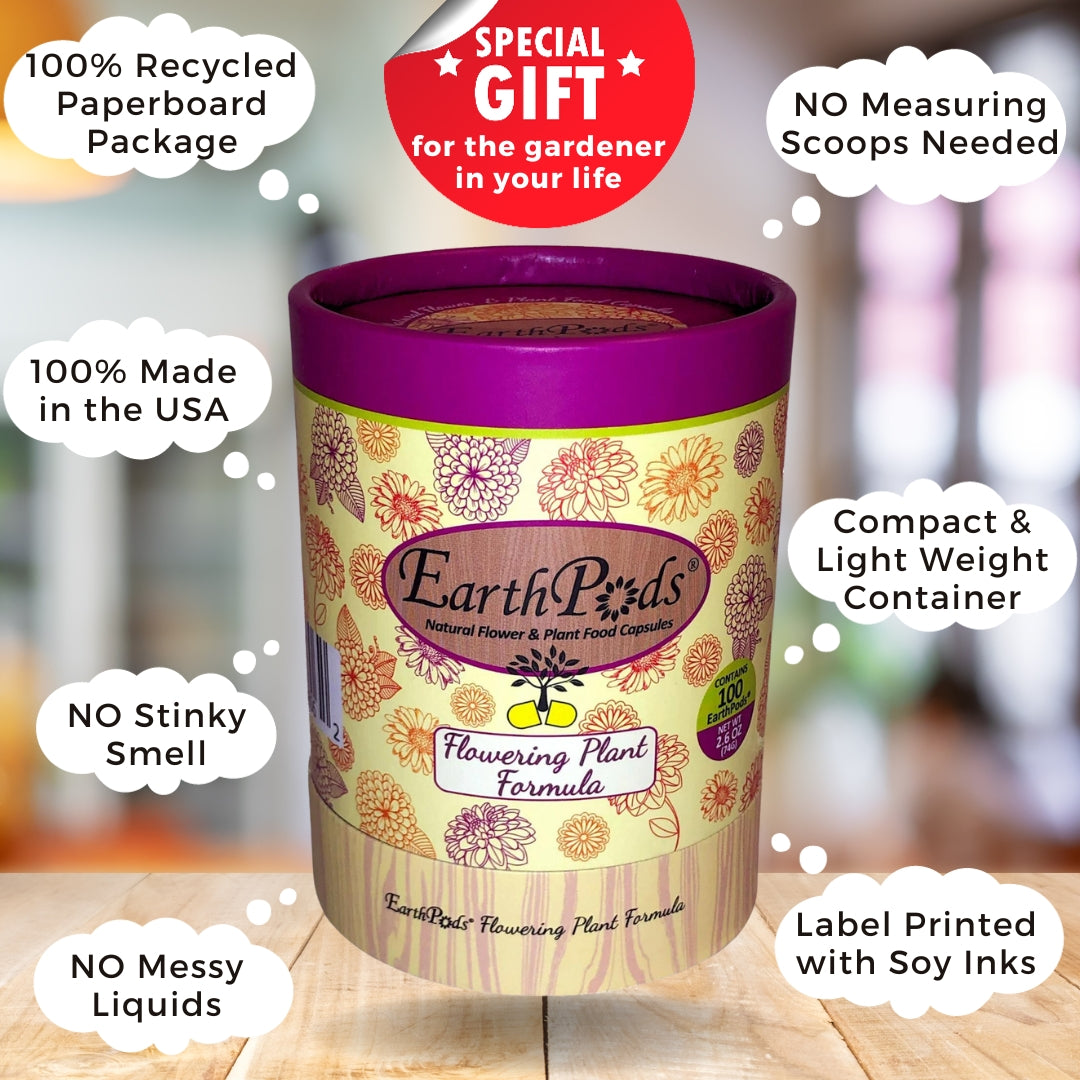
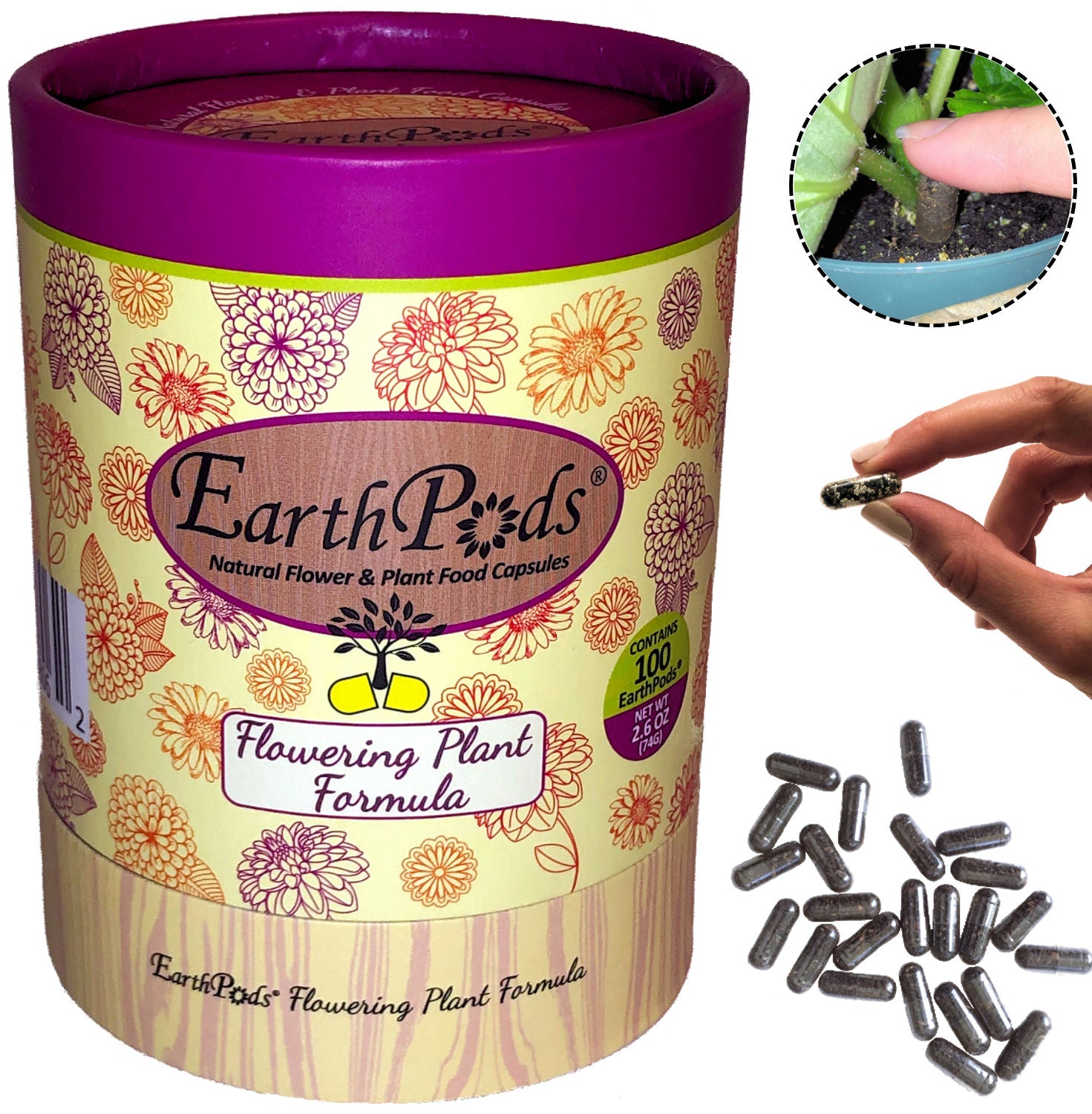
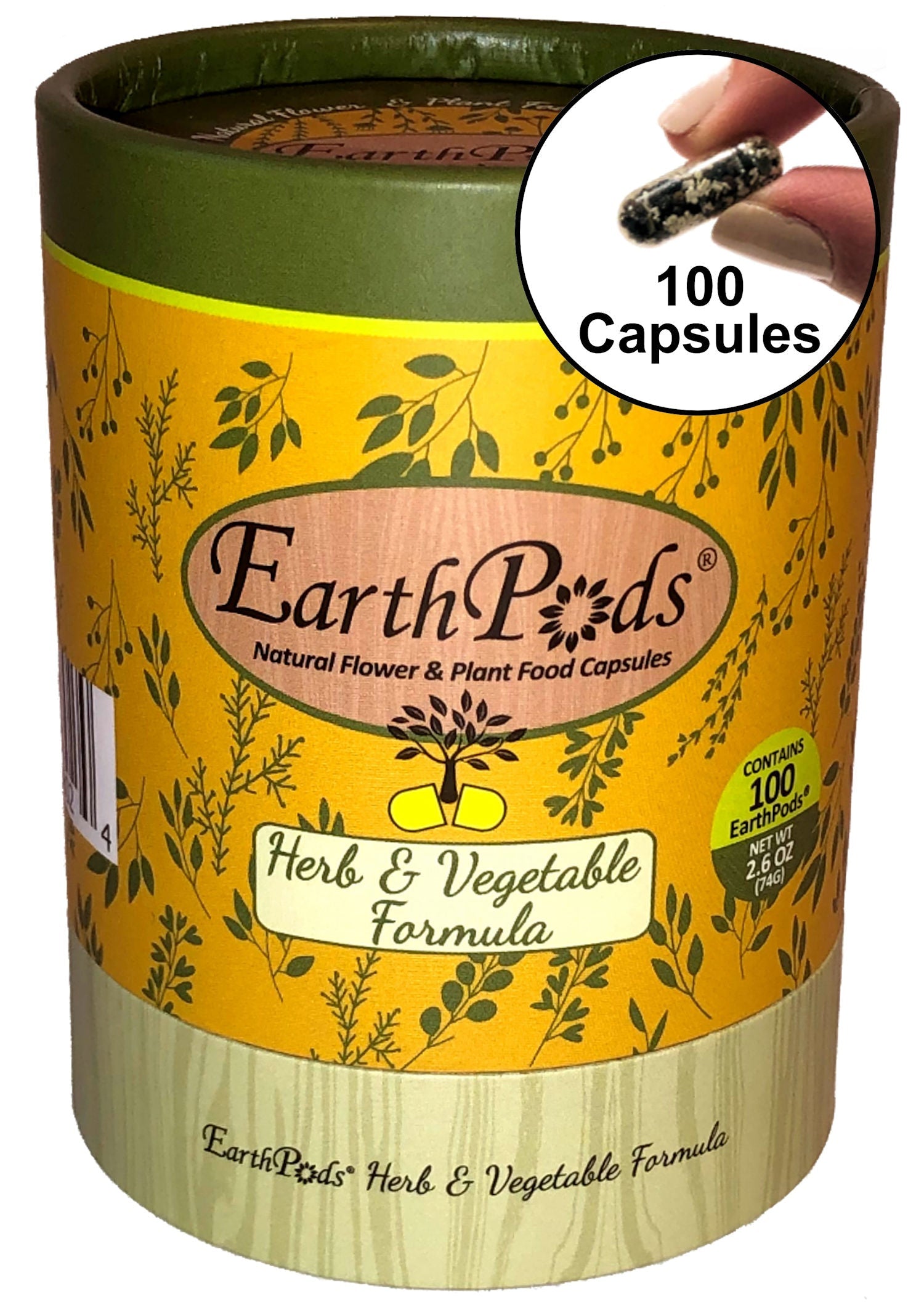
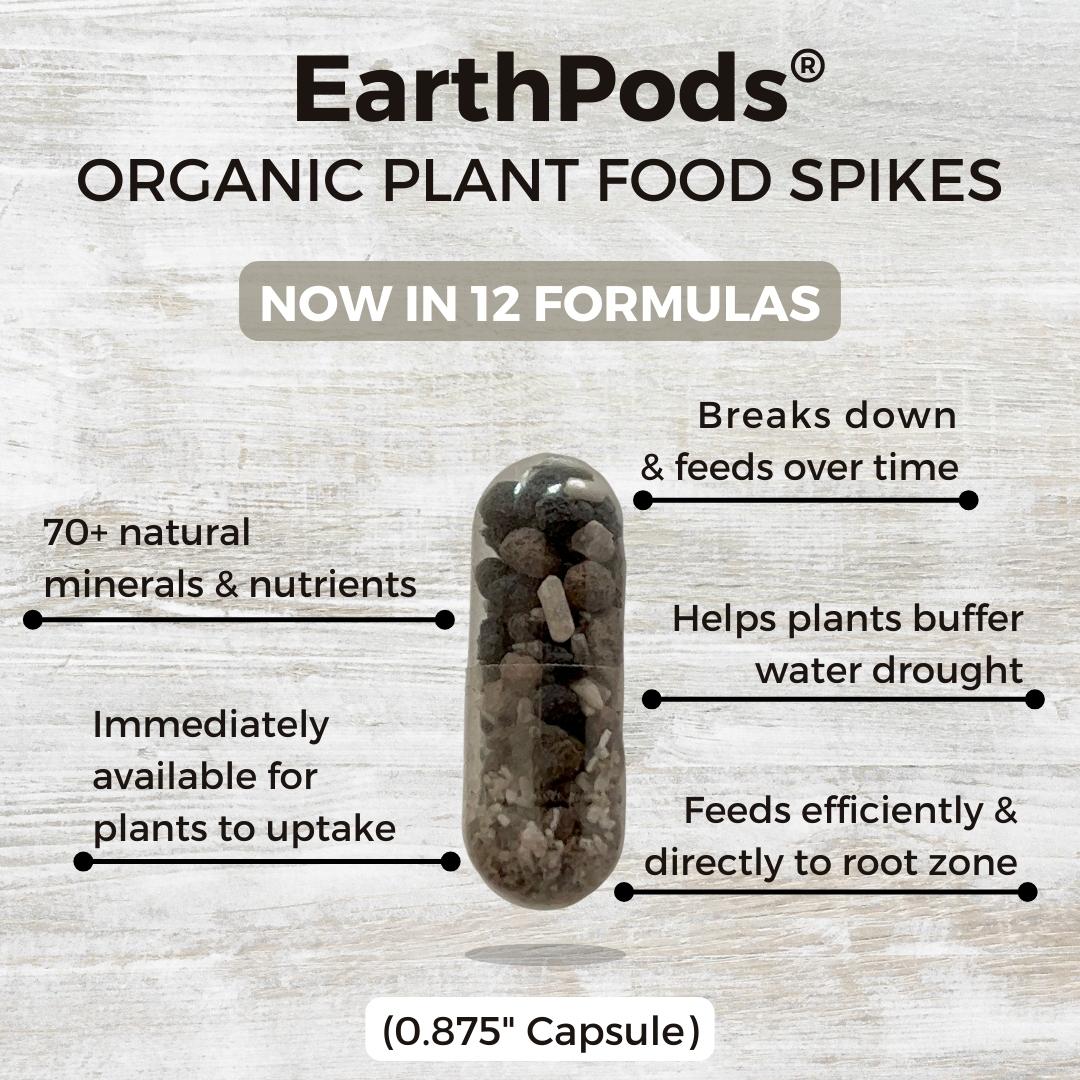
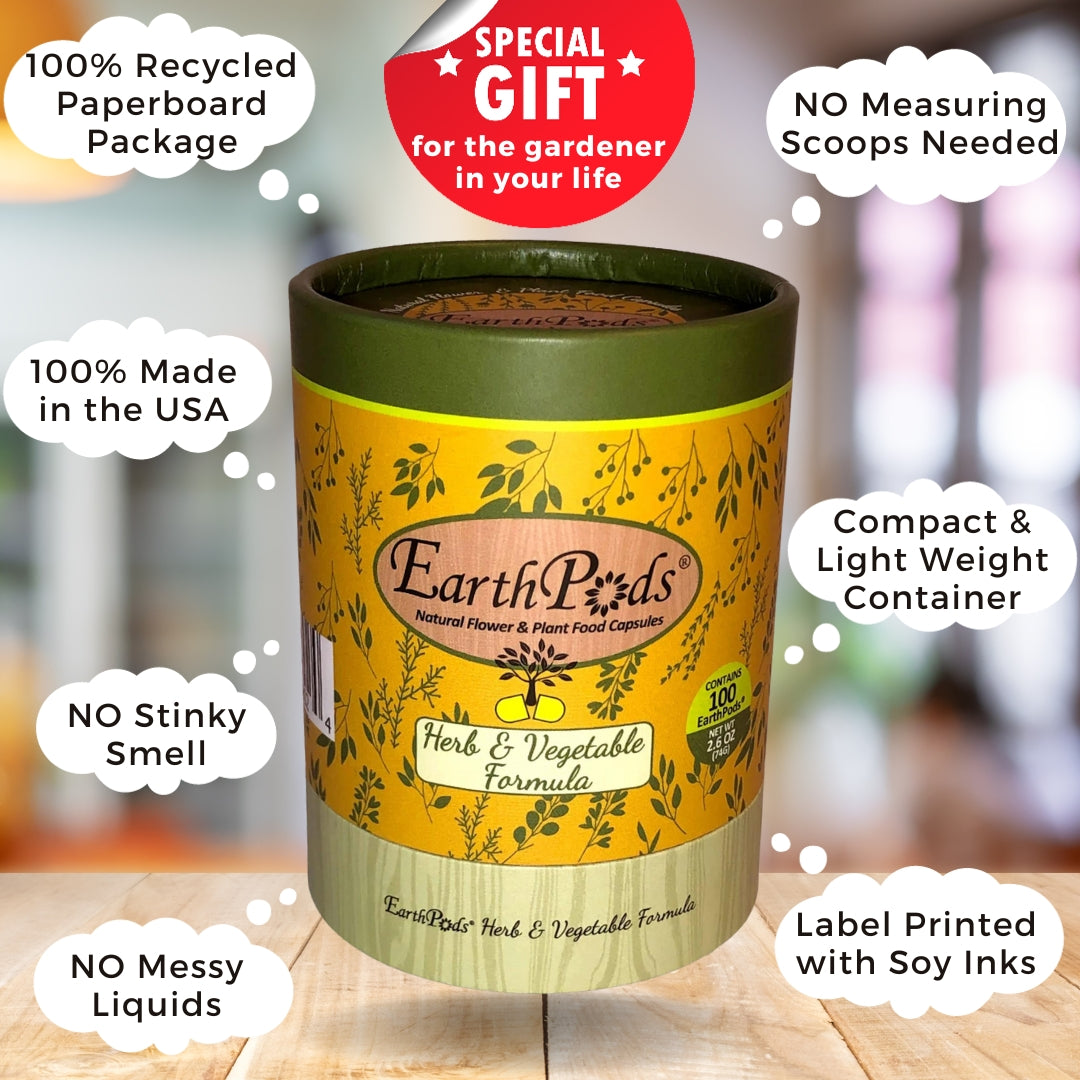
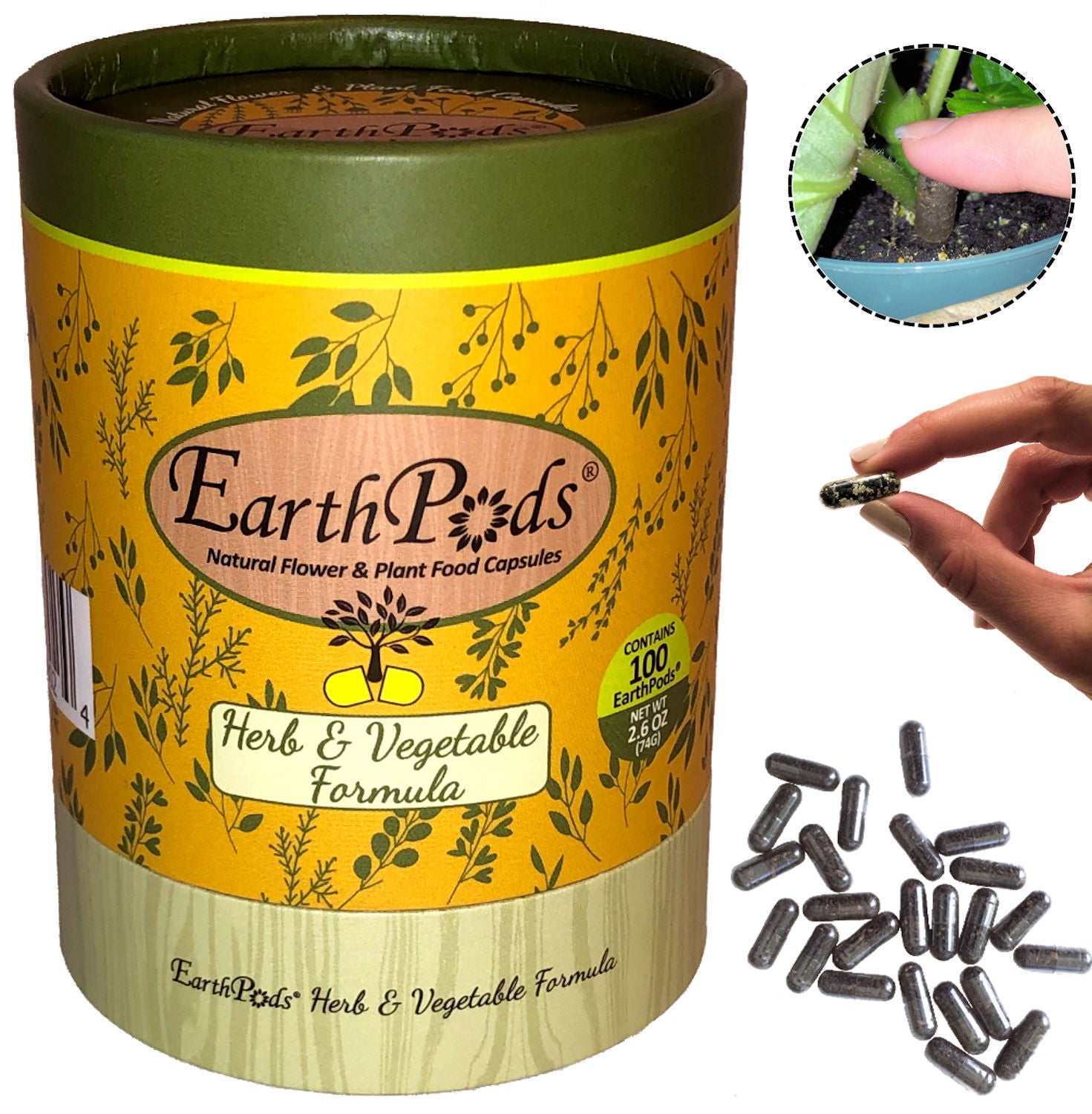
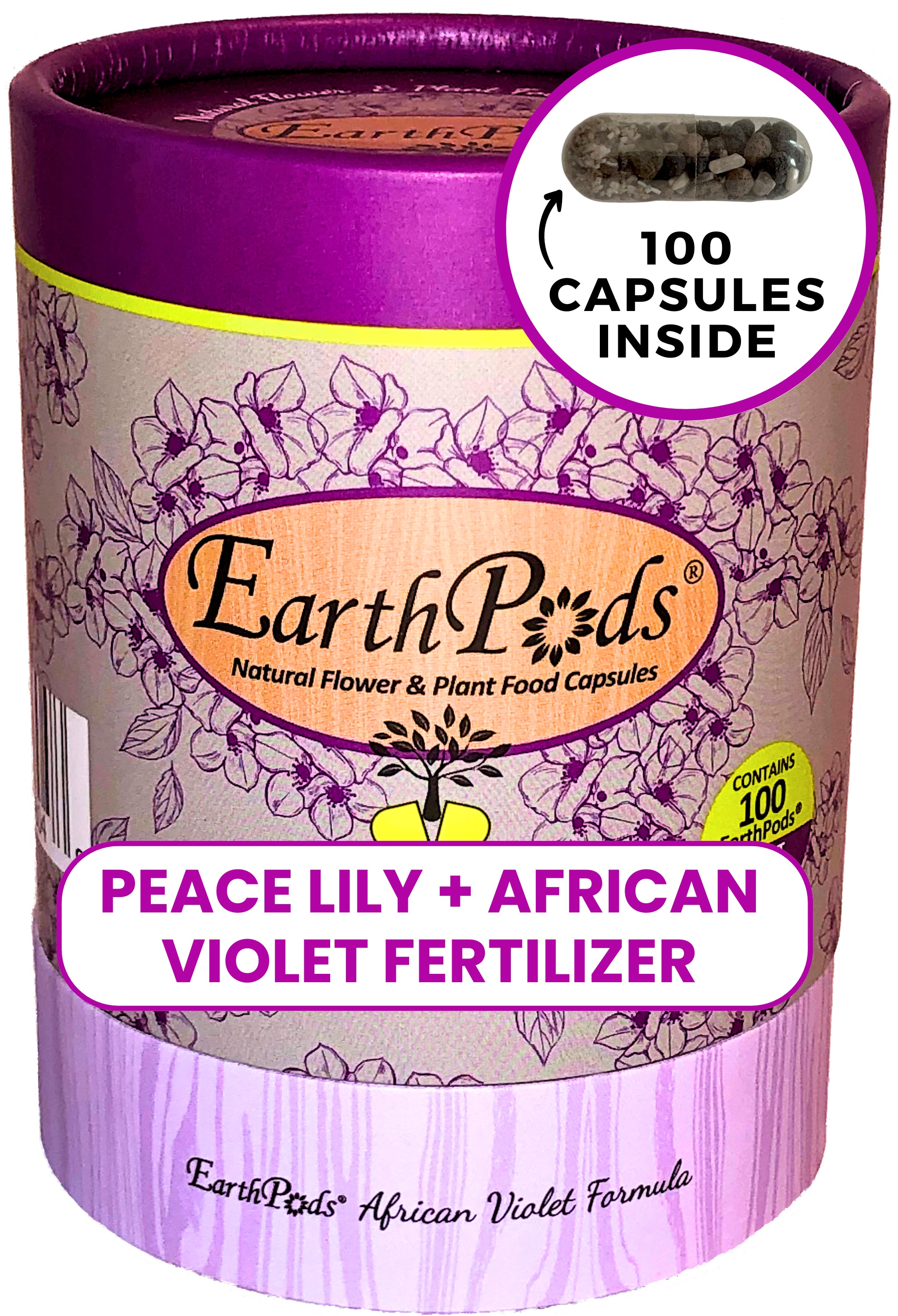
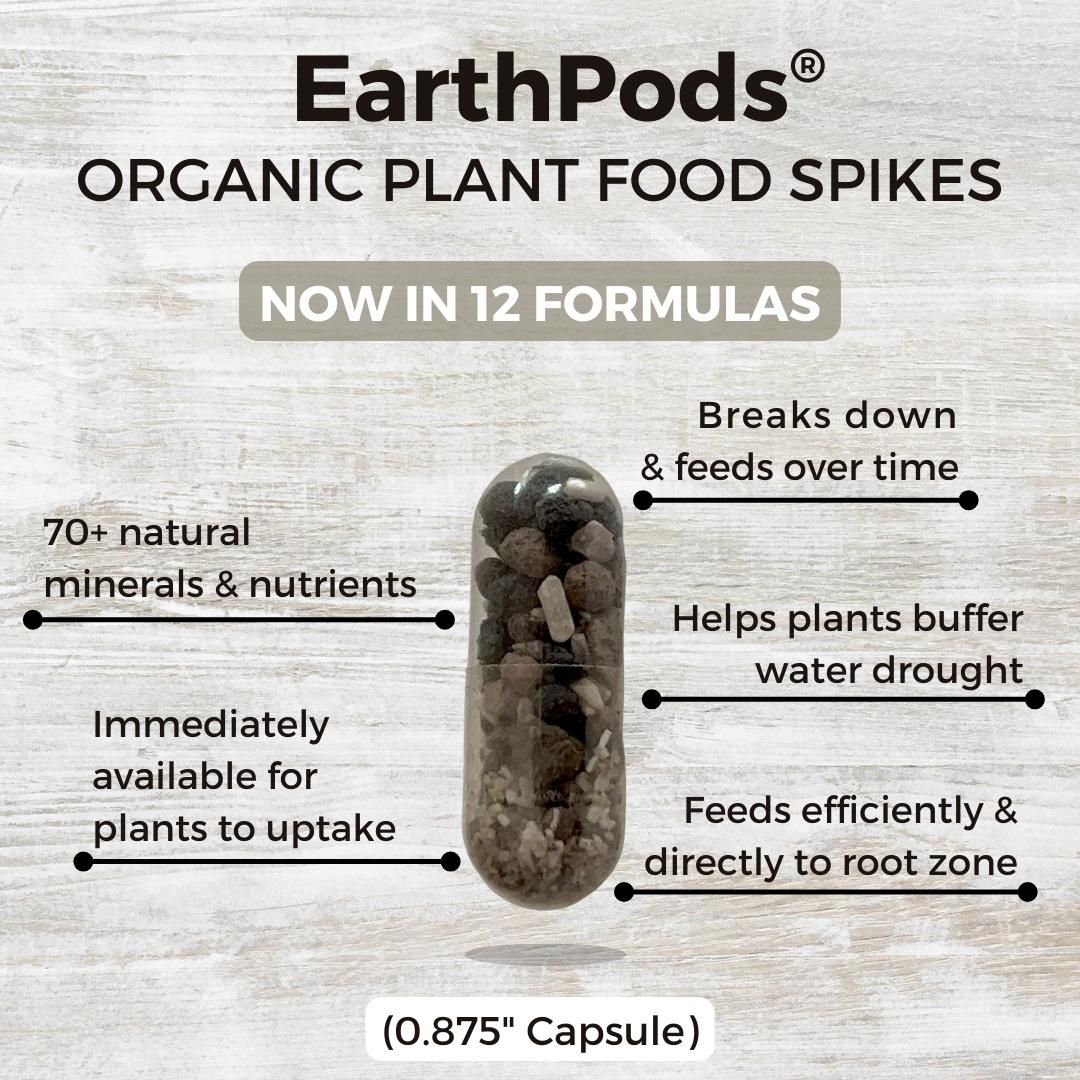
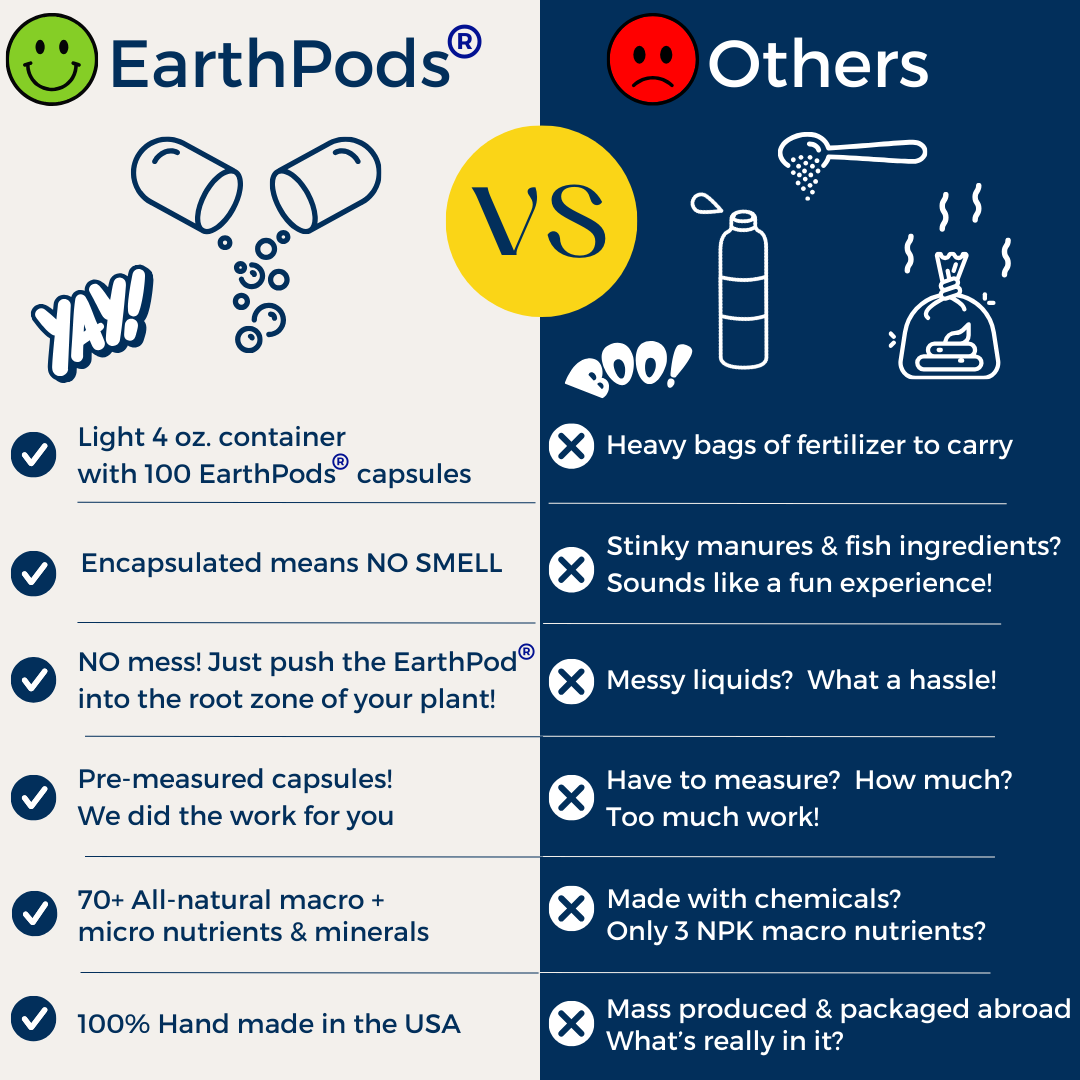
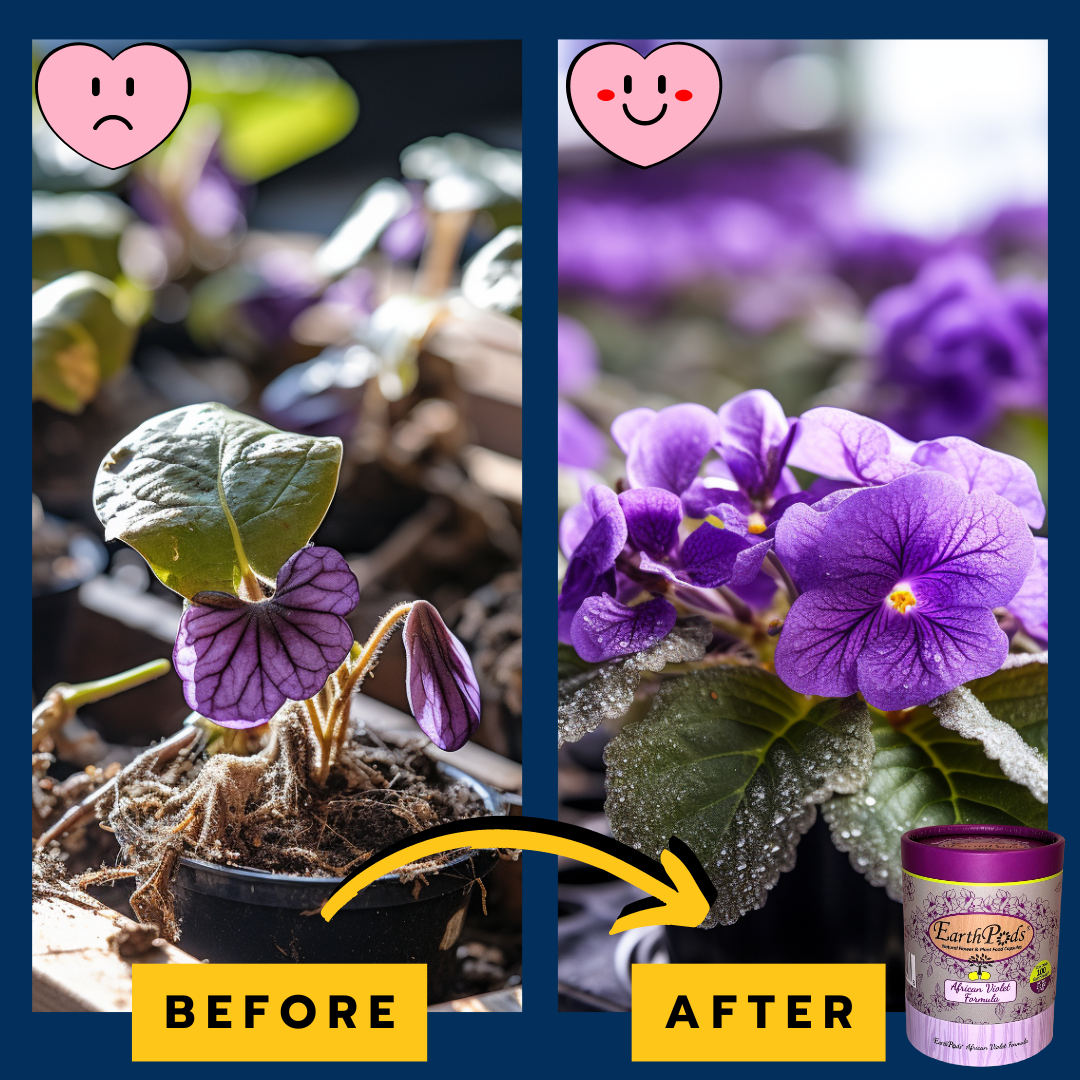
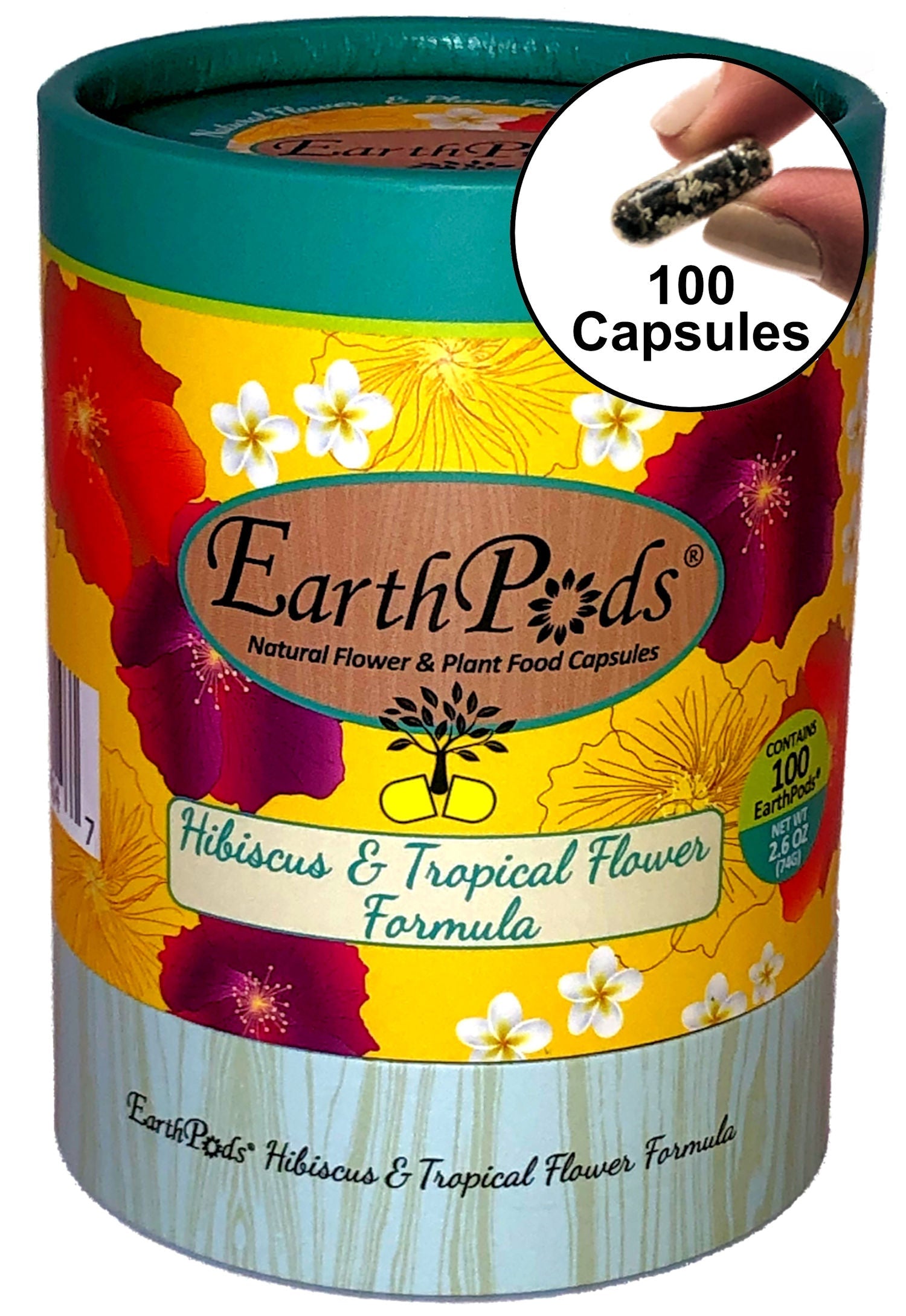
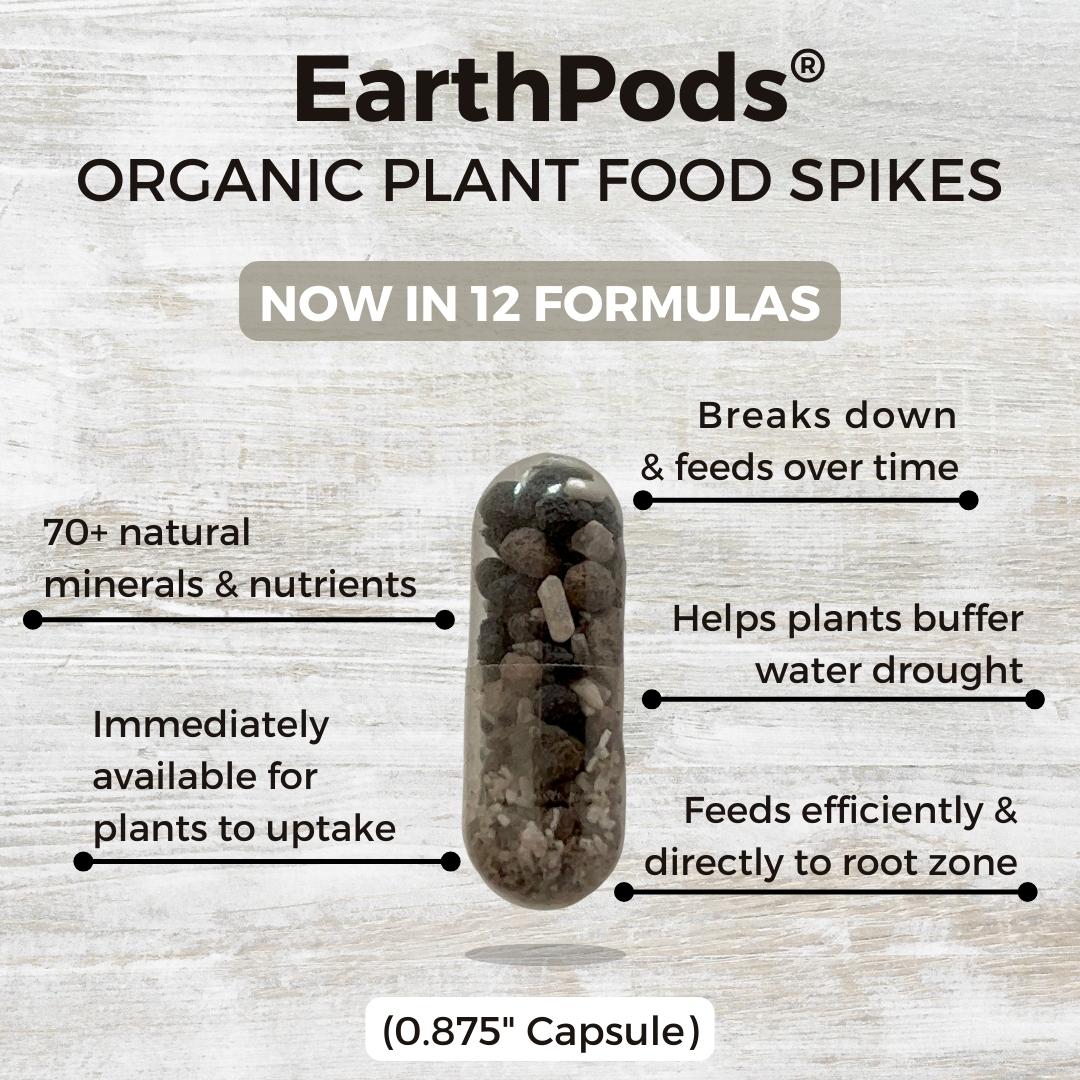
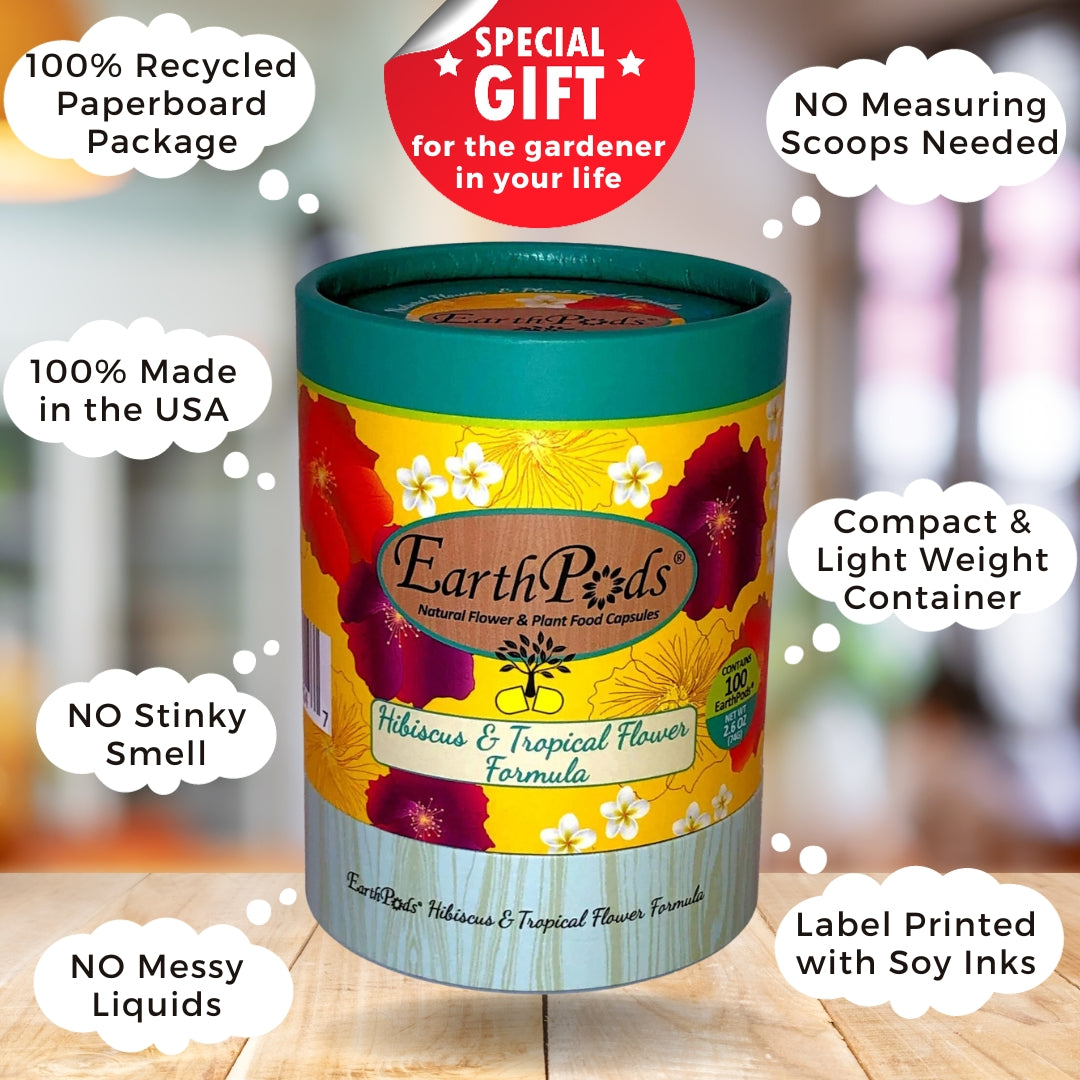
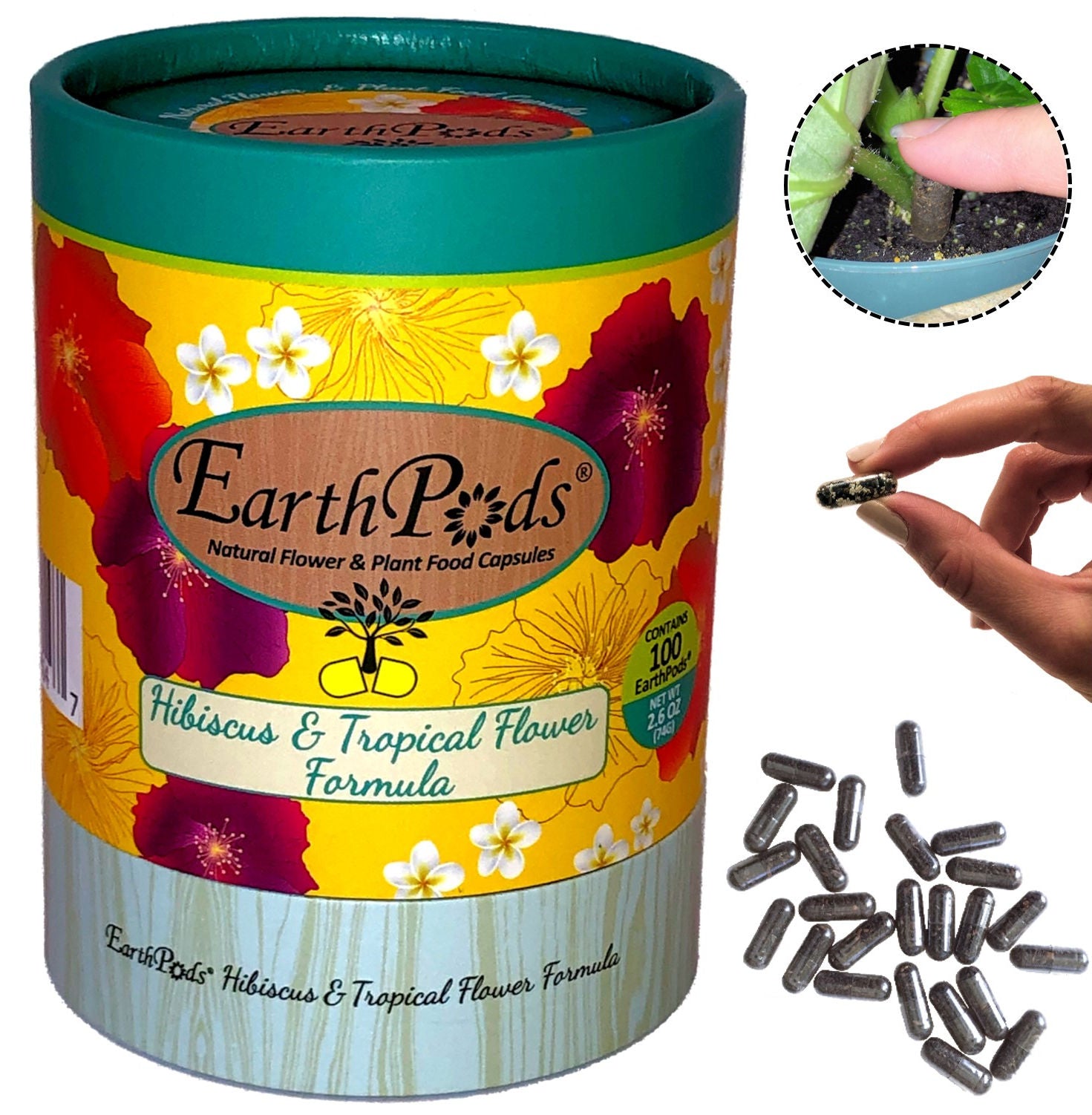
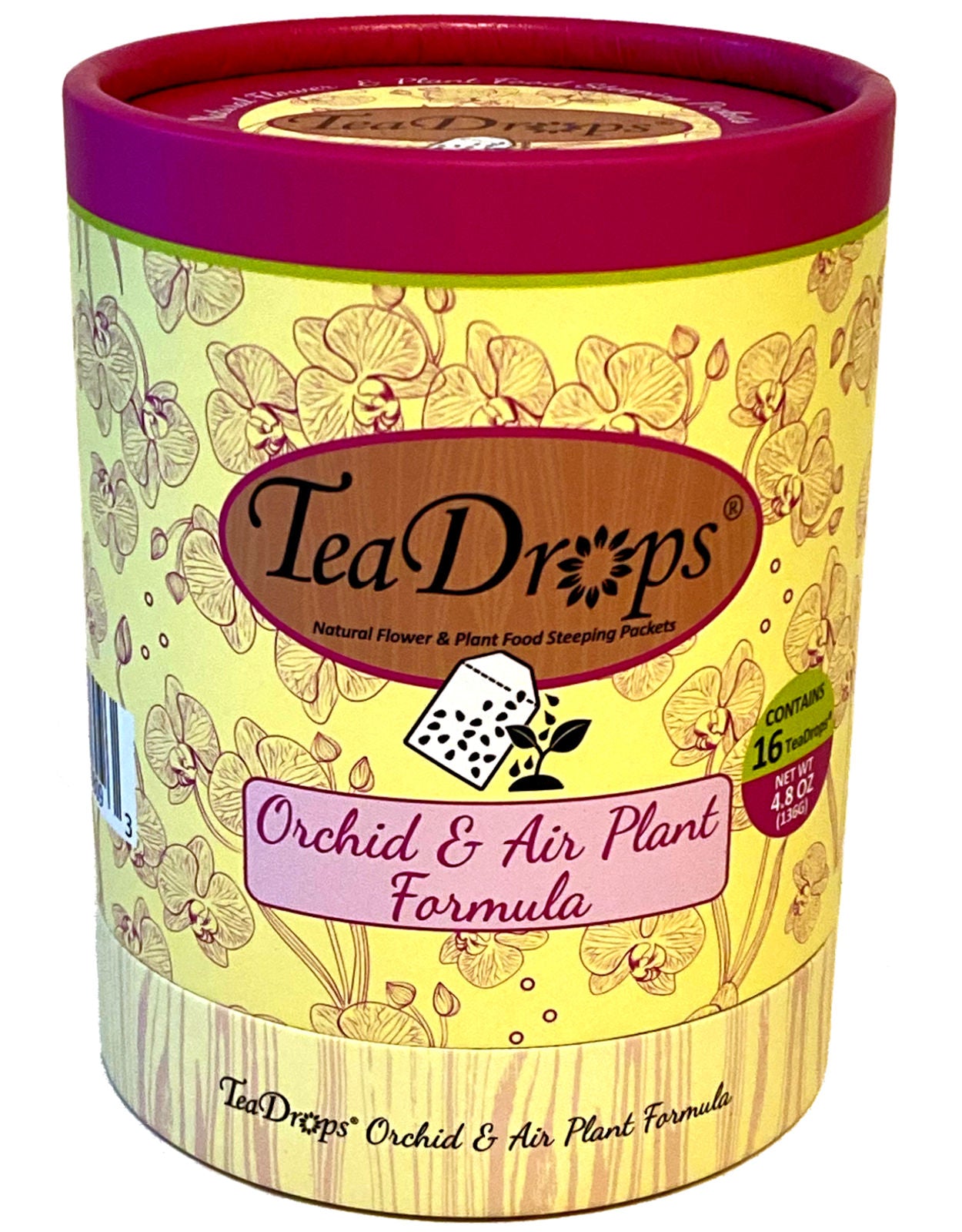
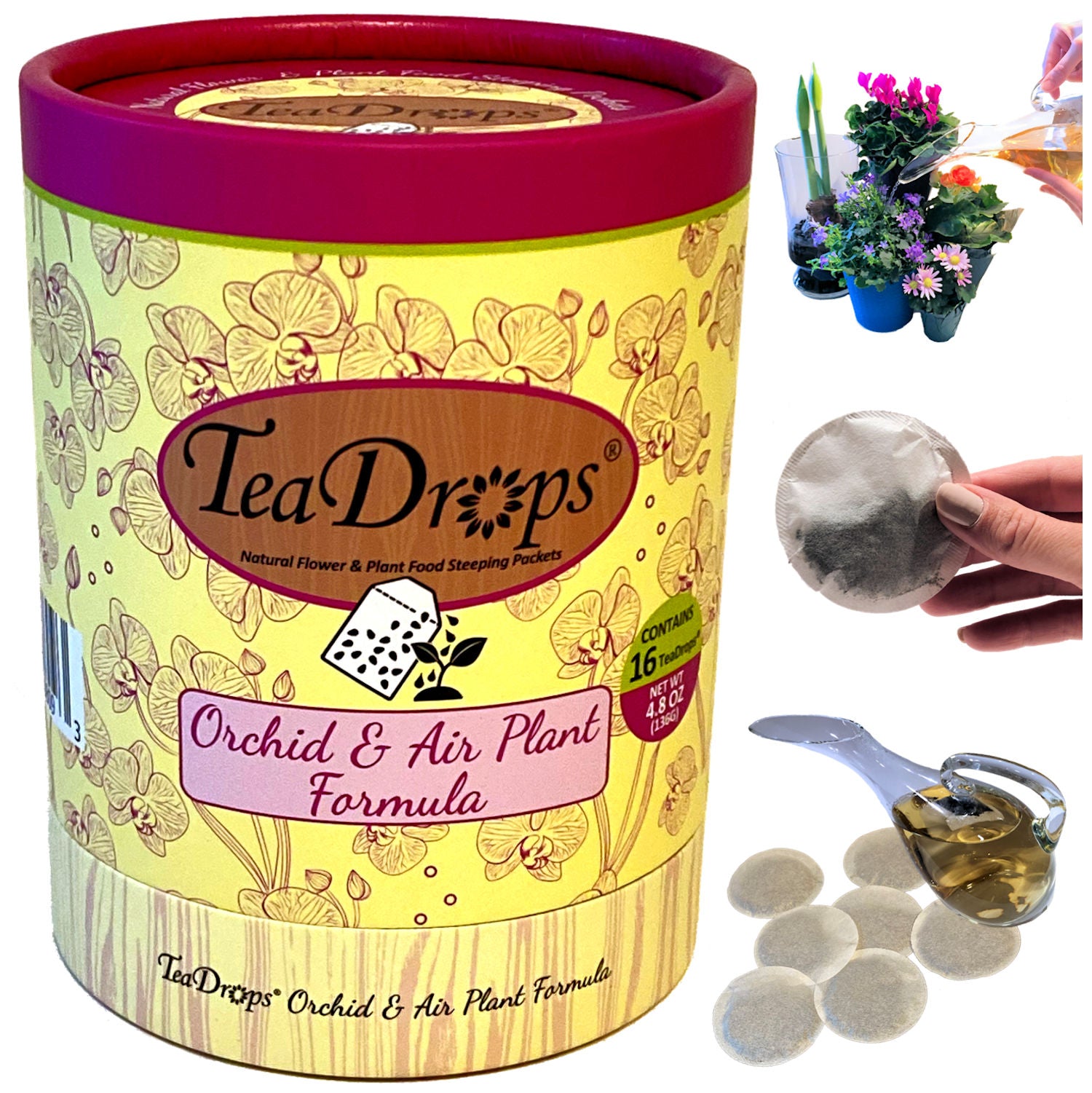
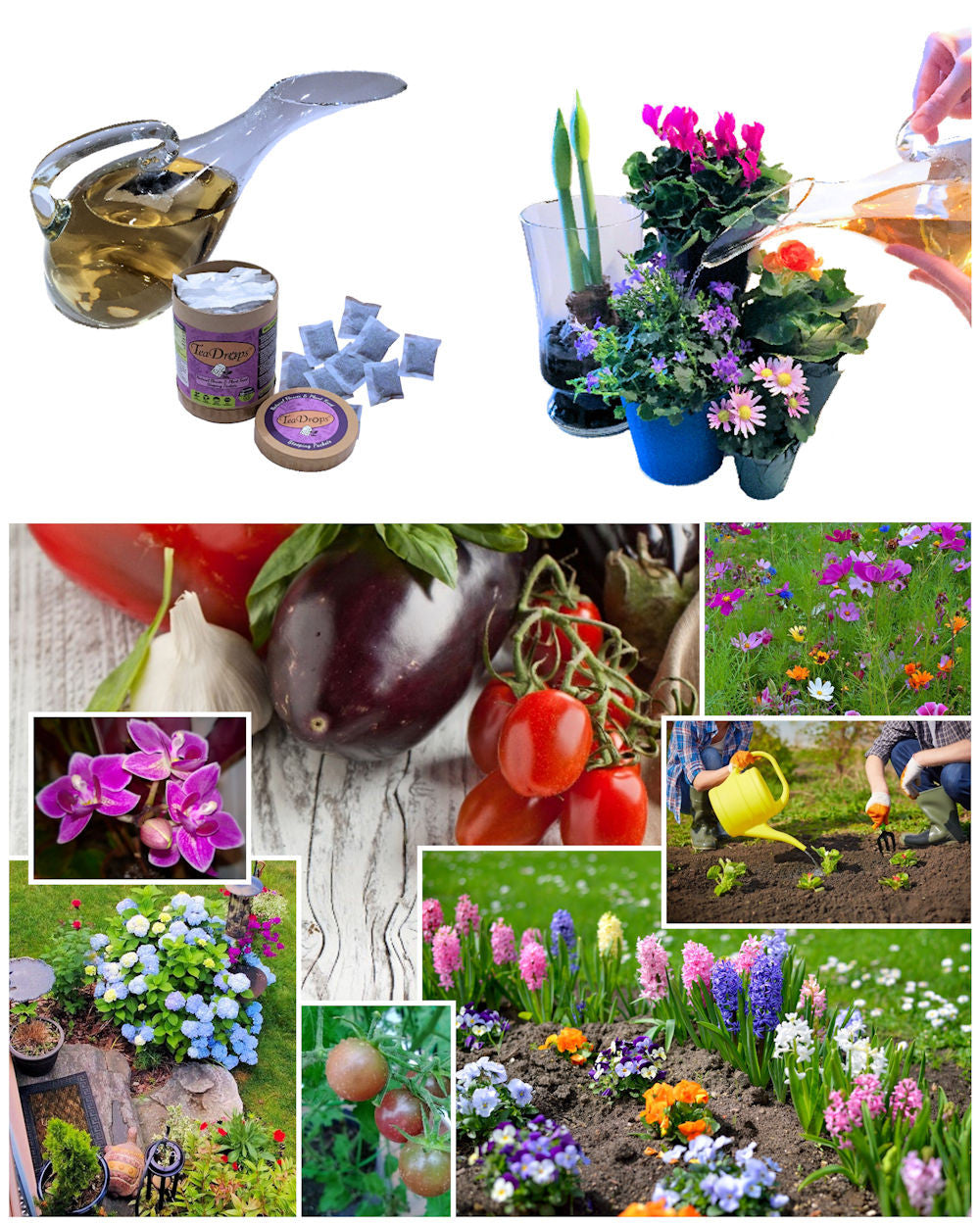
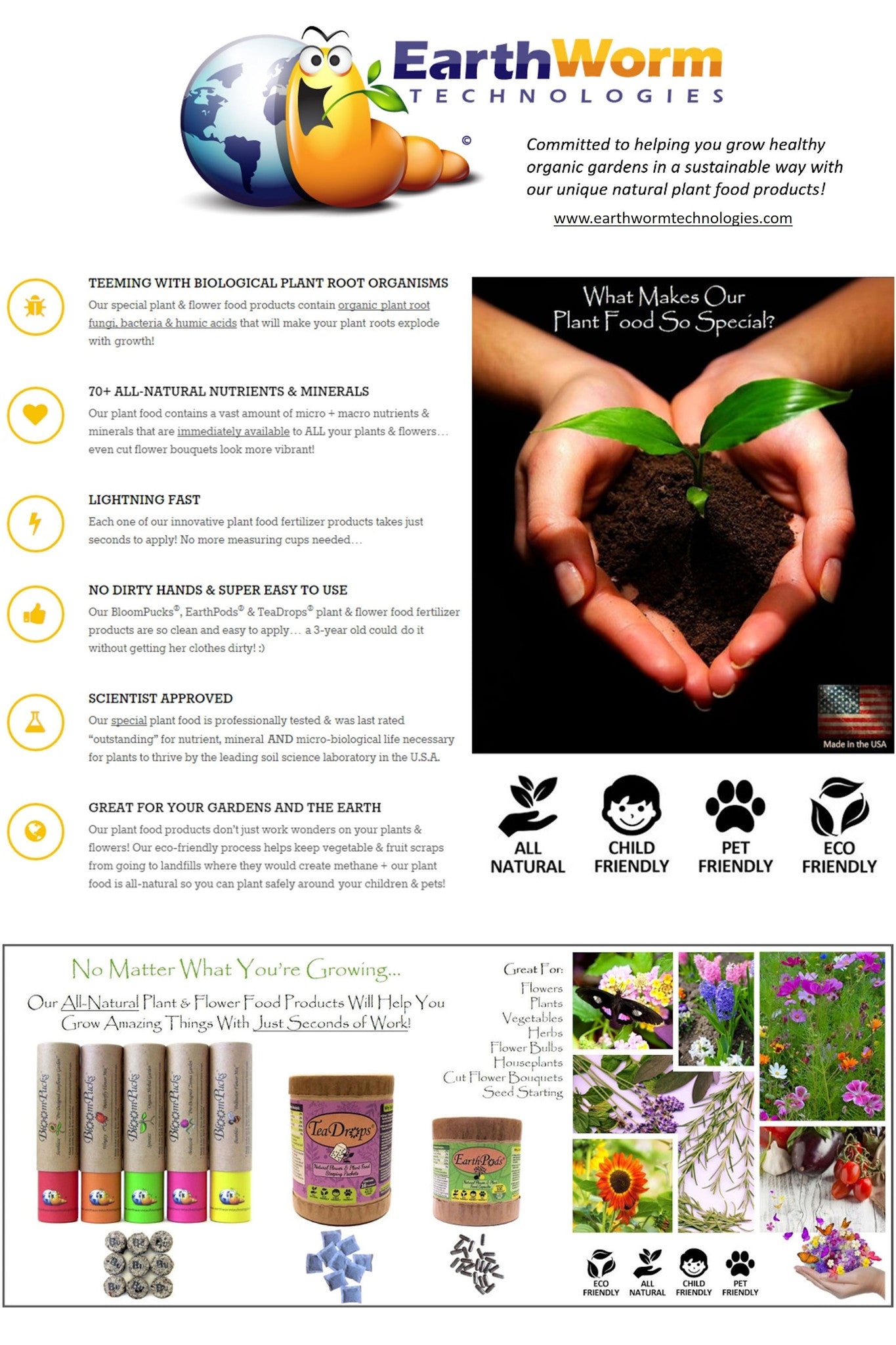
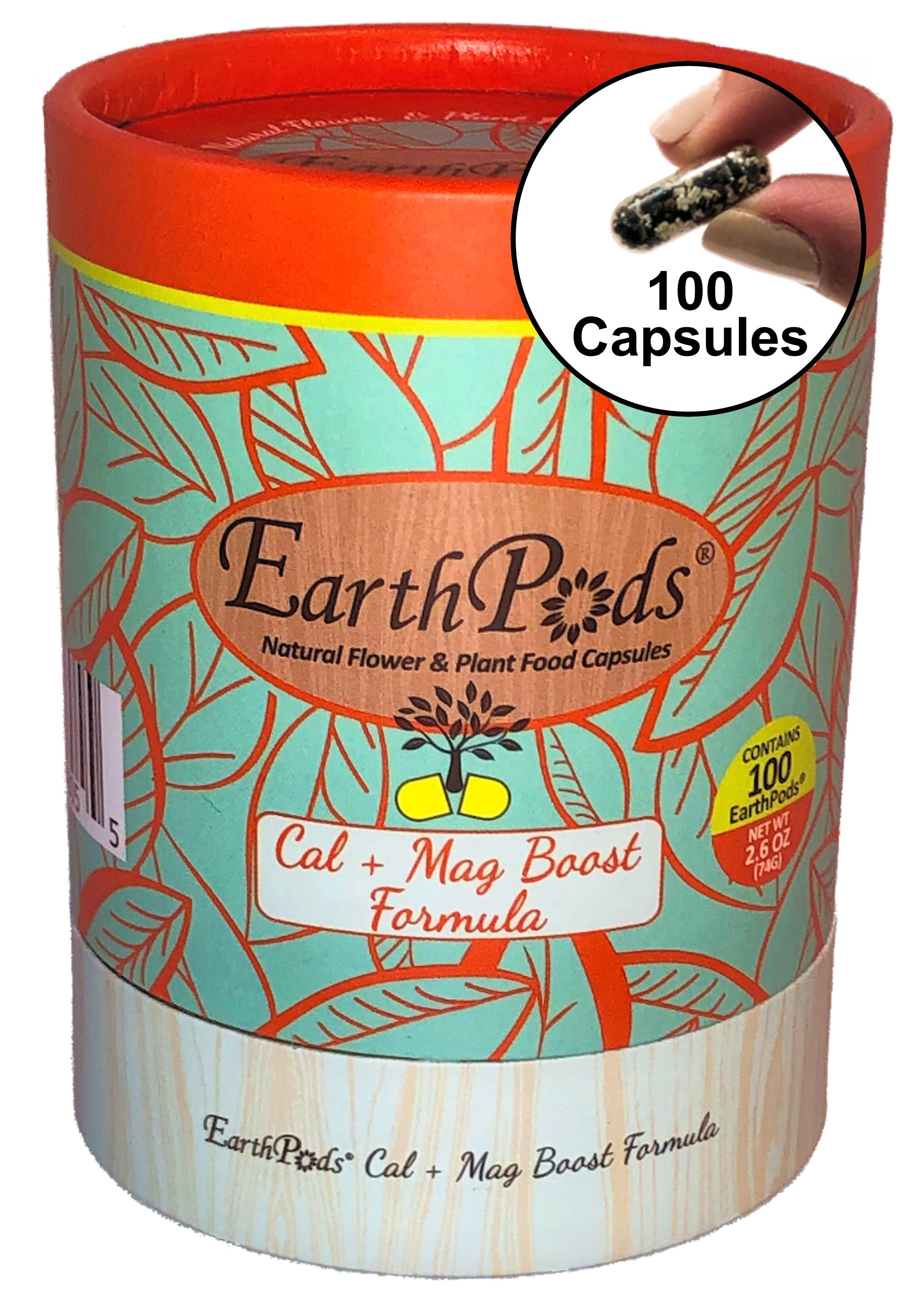
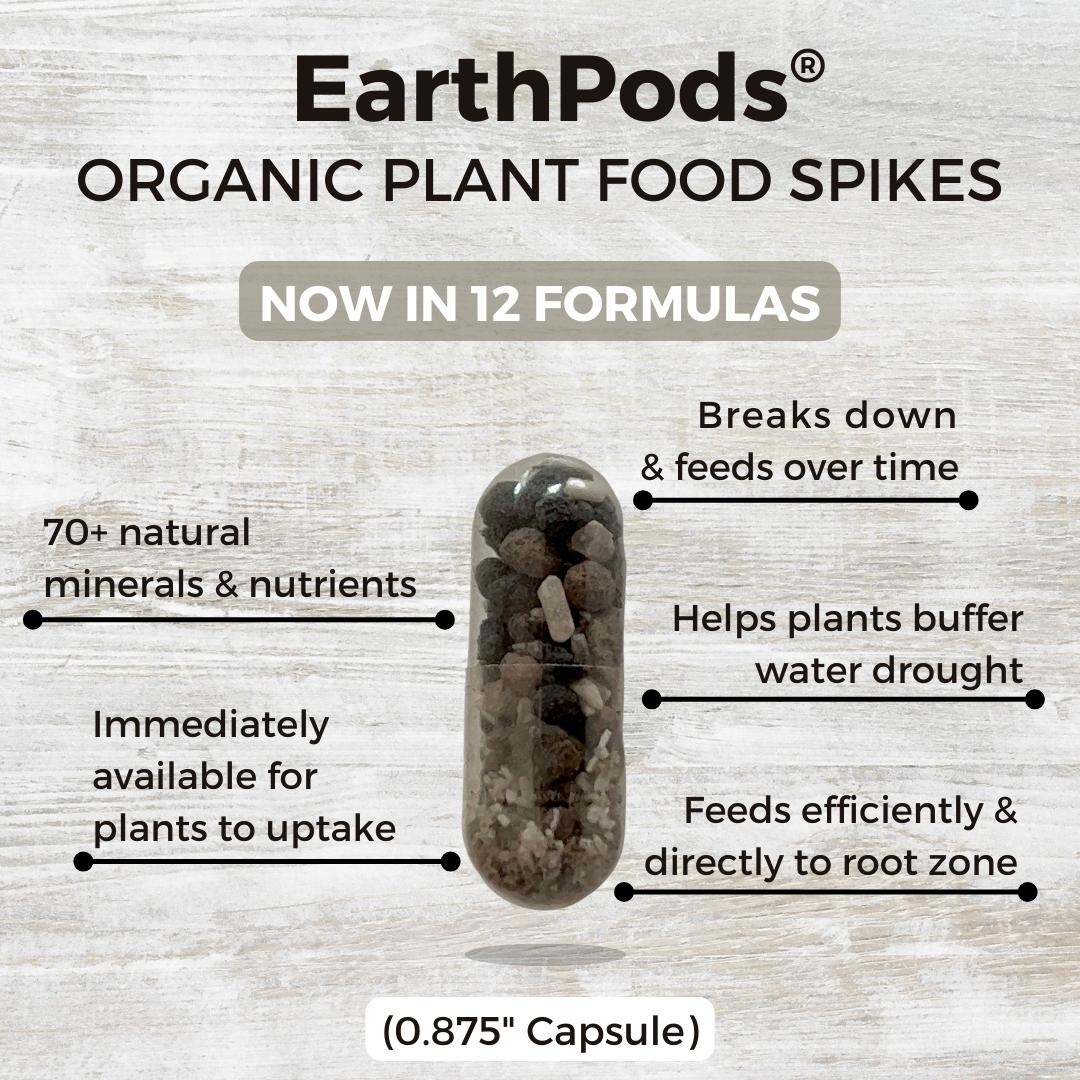
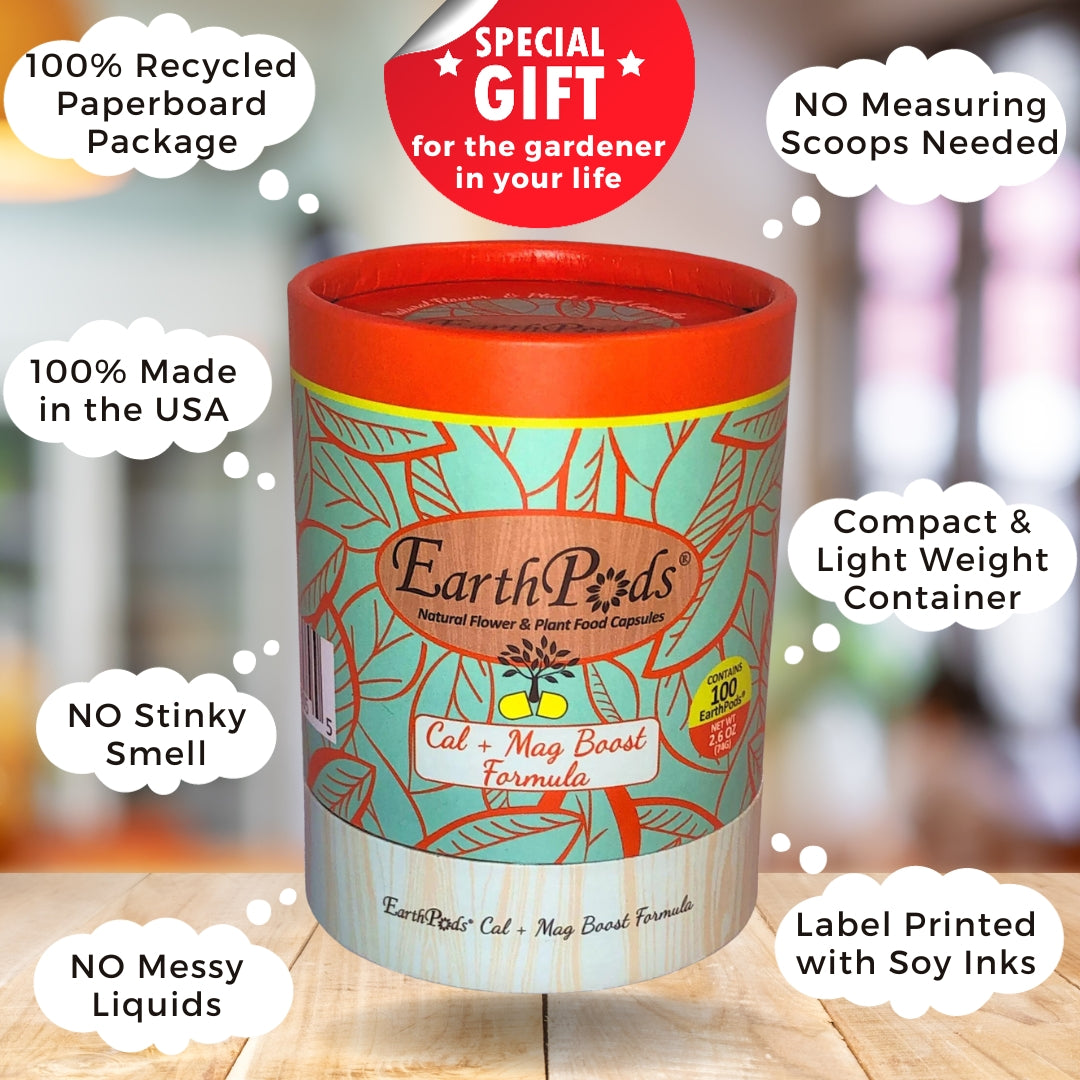
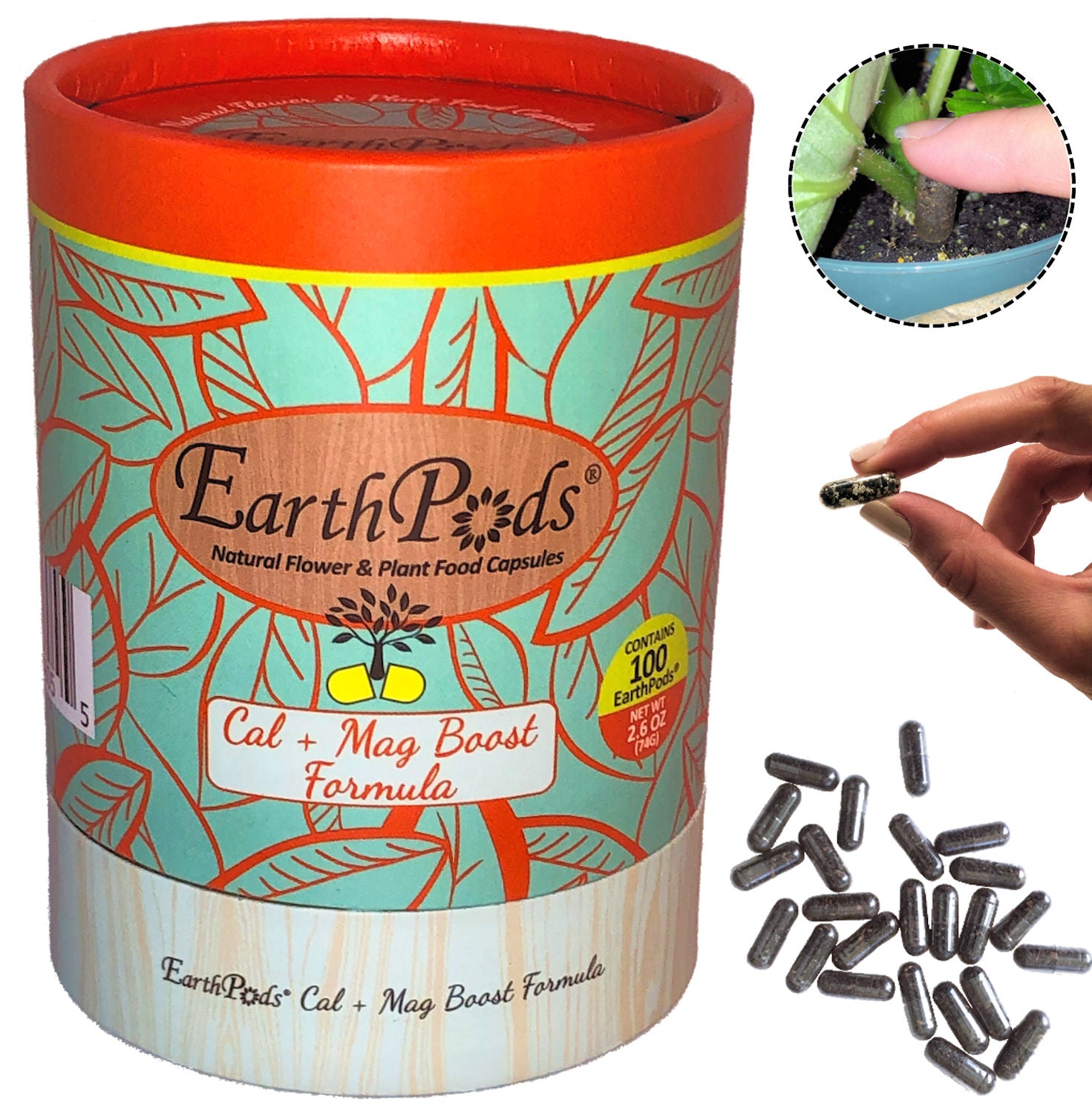

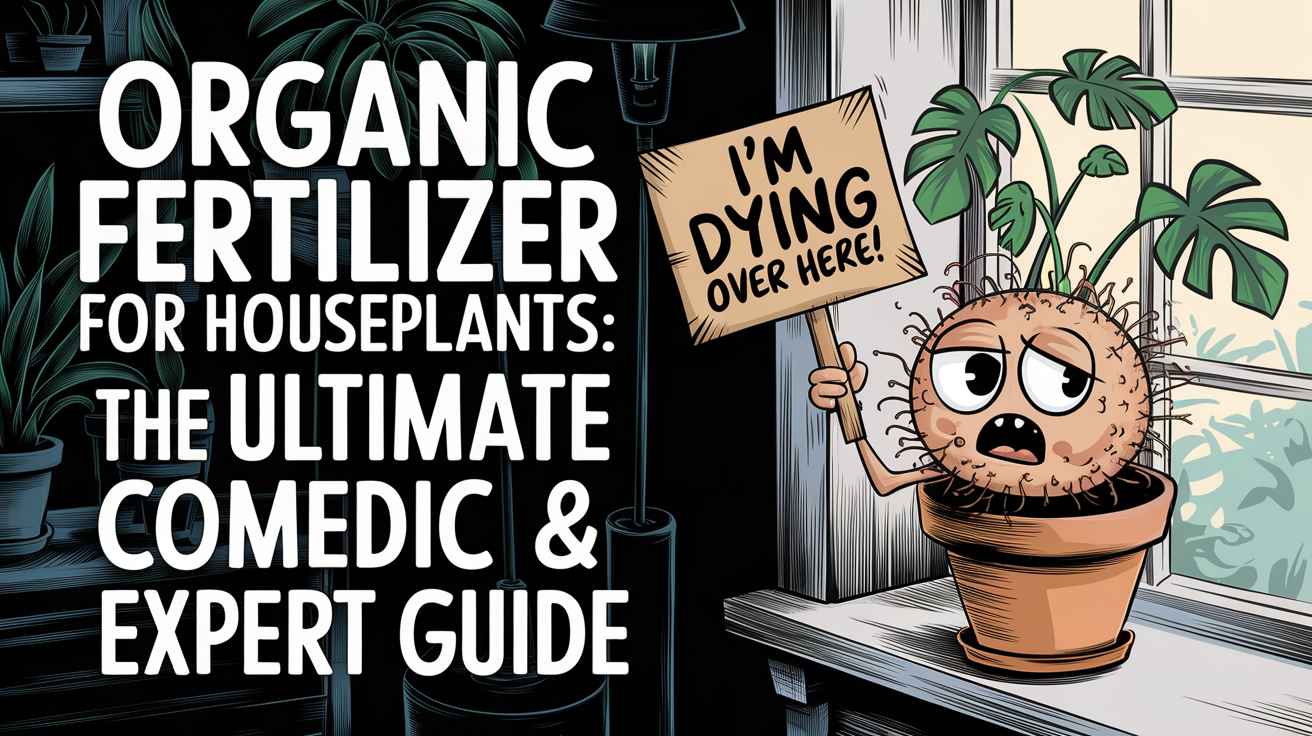
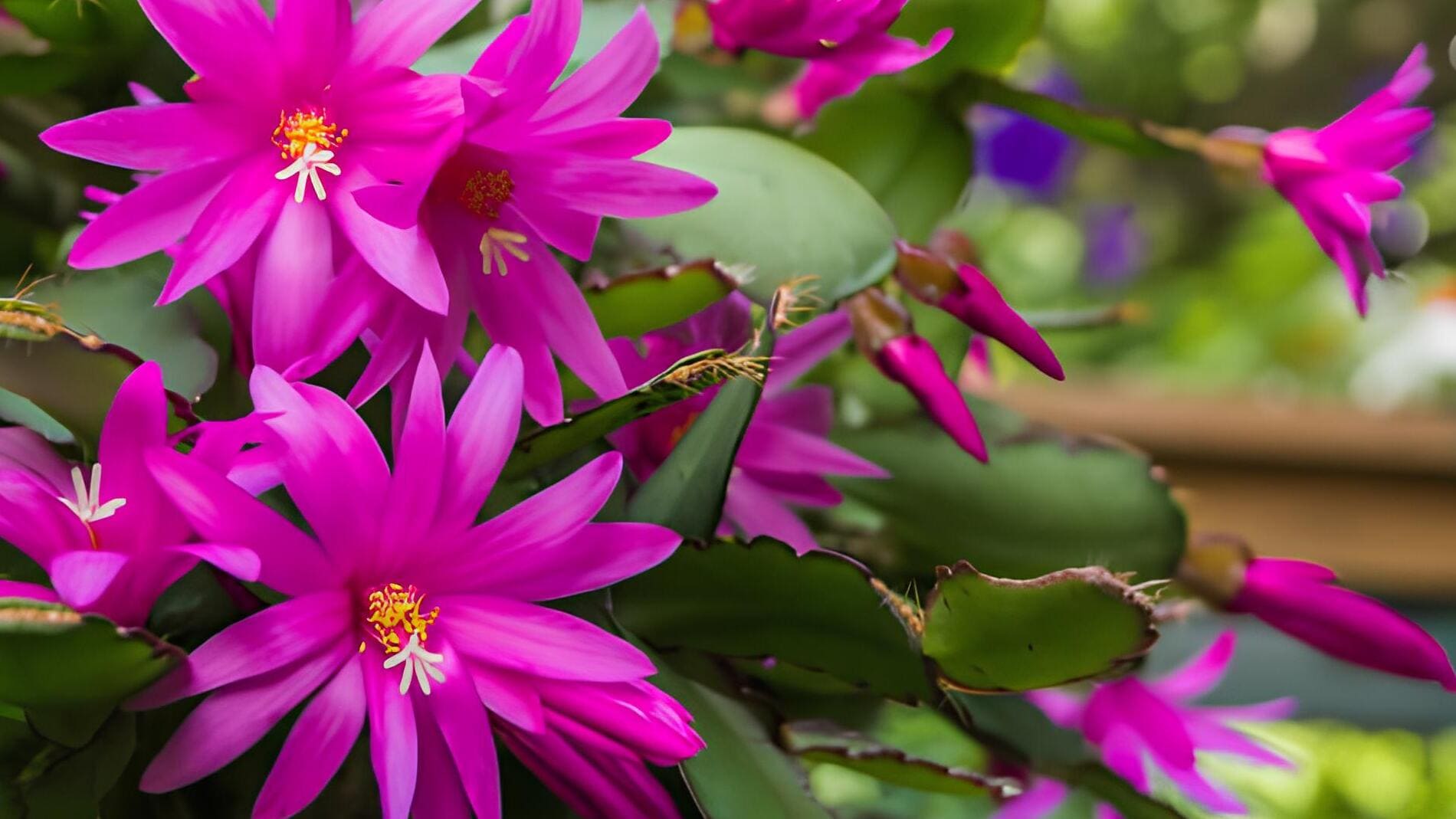
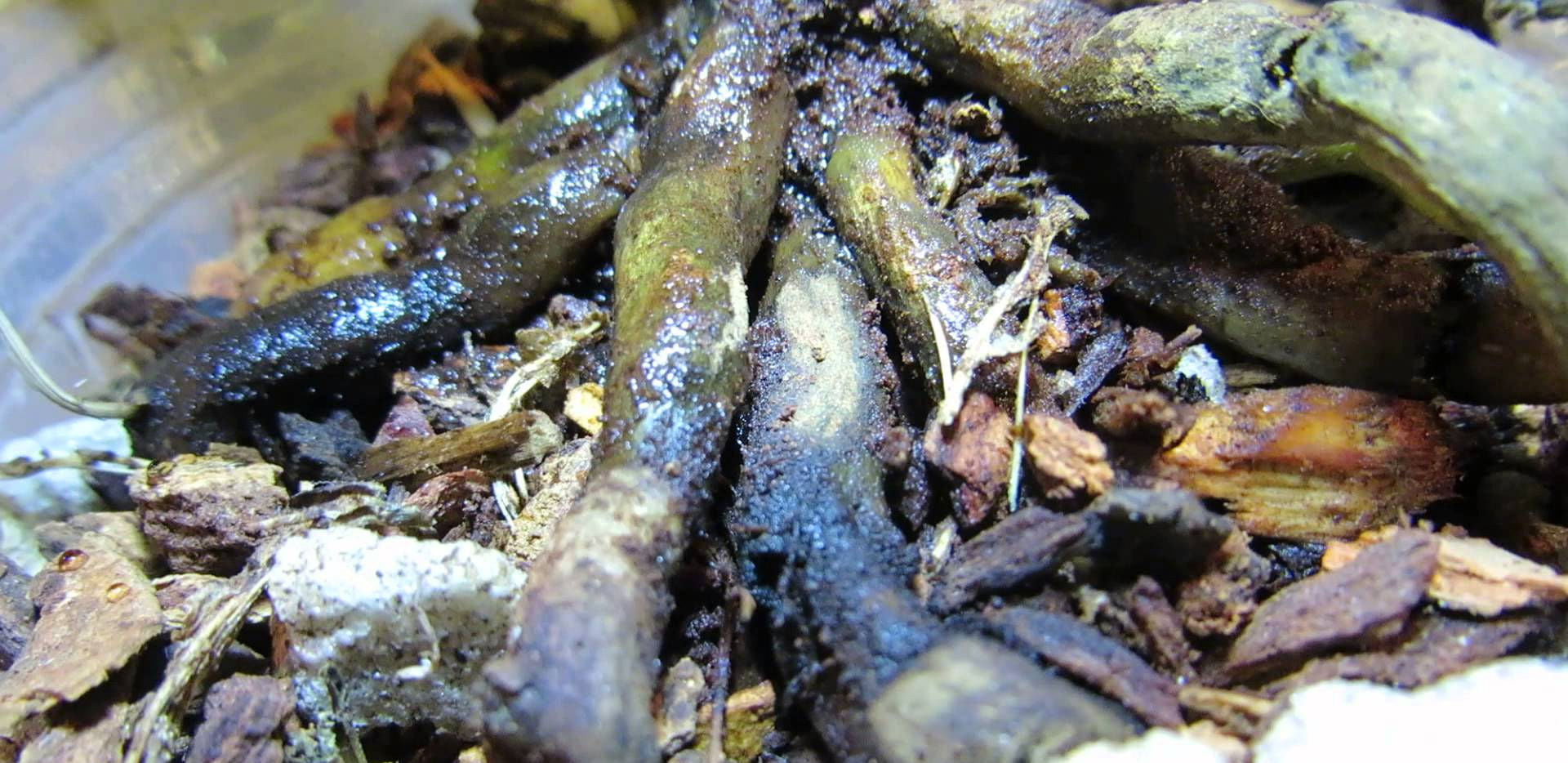
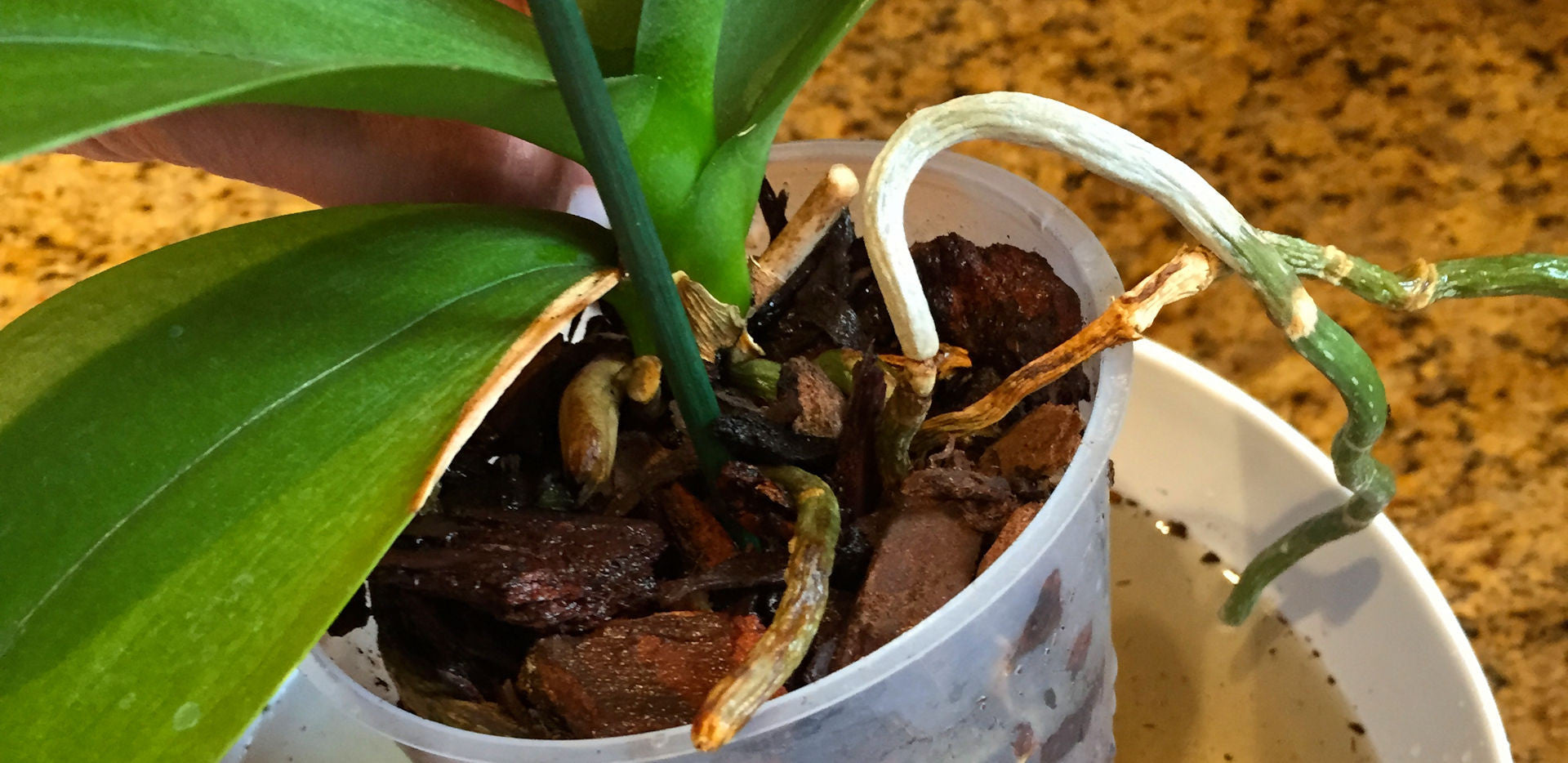
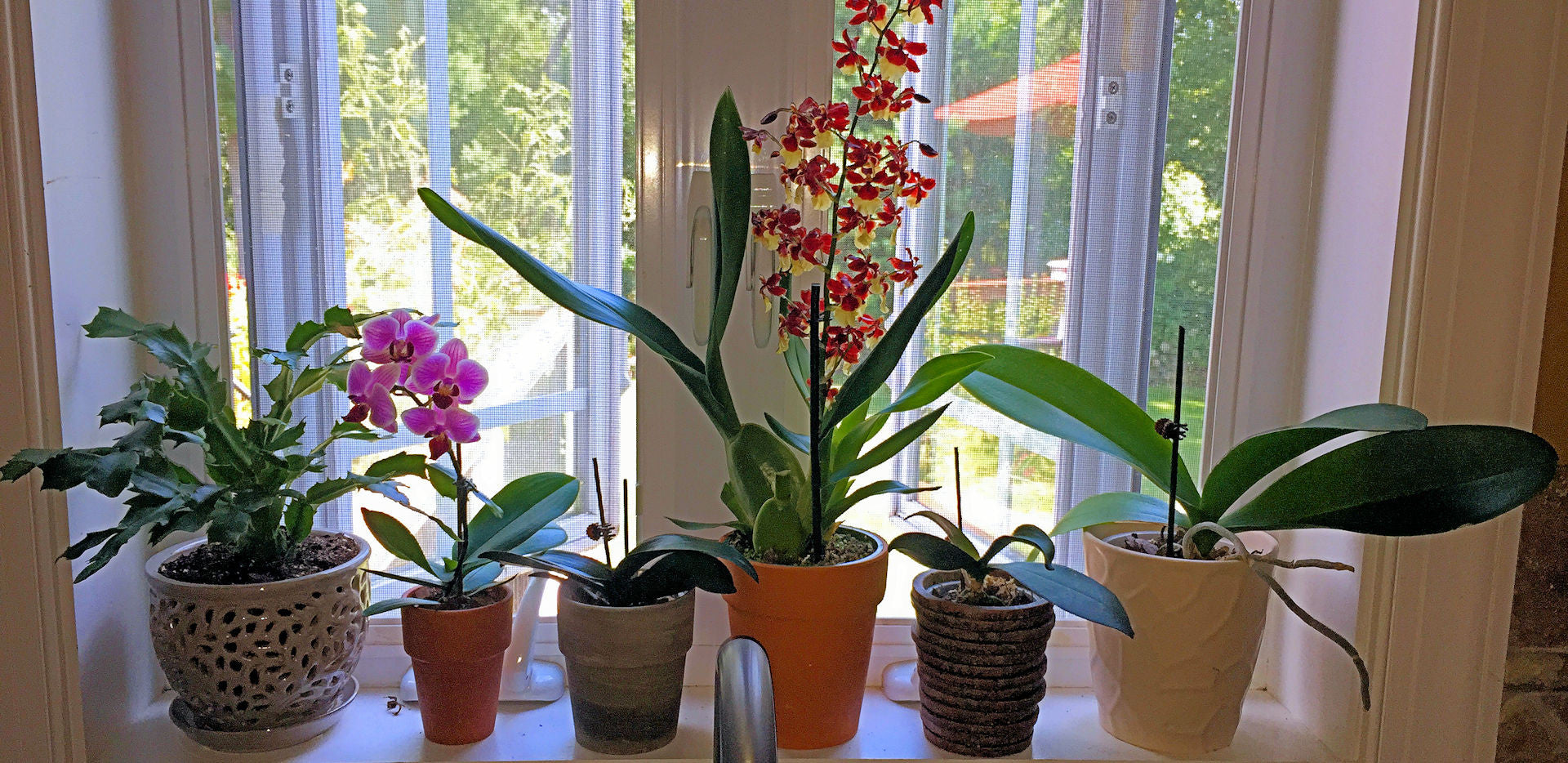
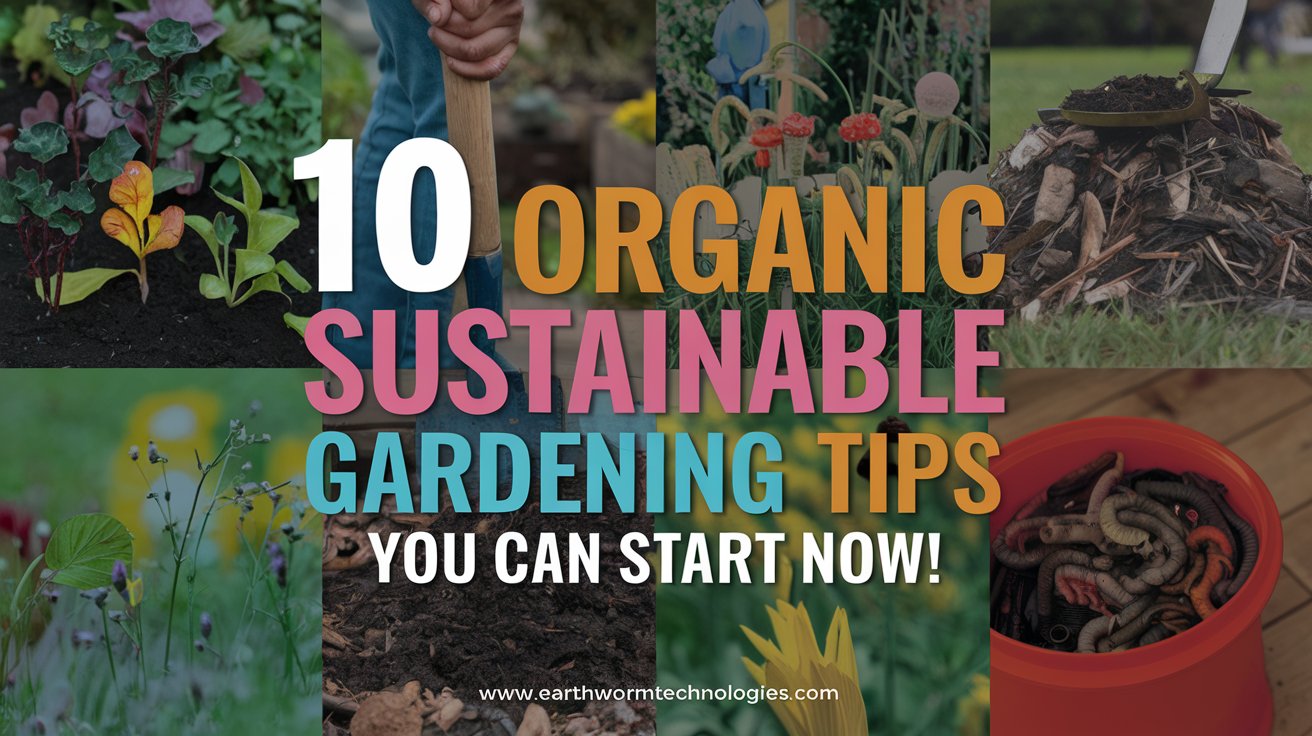
Share:
7 Steps to Make that Christmas Cactus Bloom Organically
10 Organic Gardening Tips You Can Start Now!